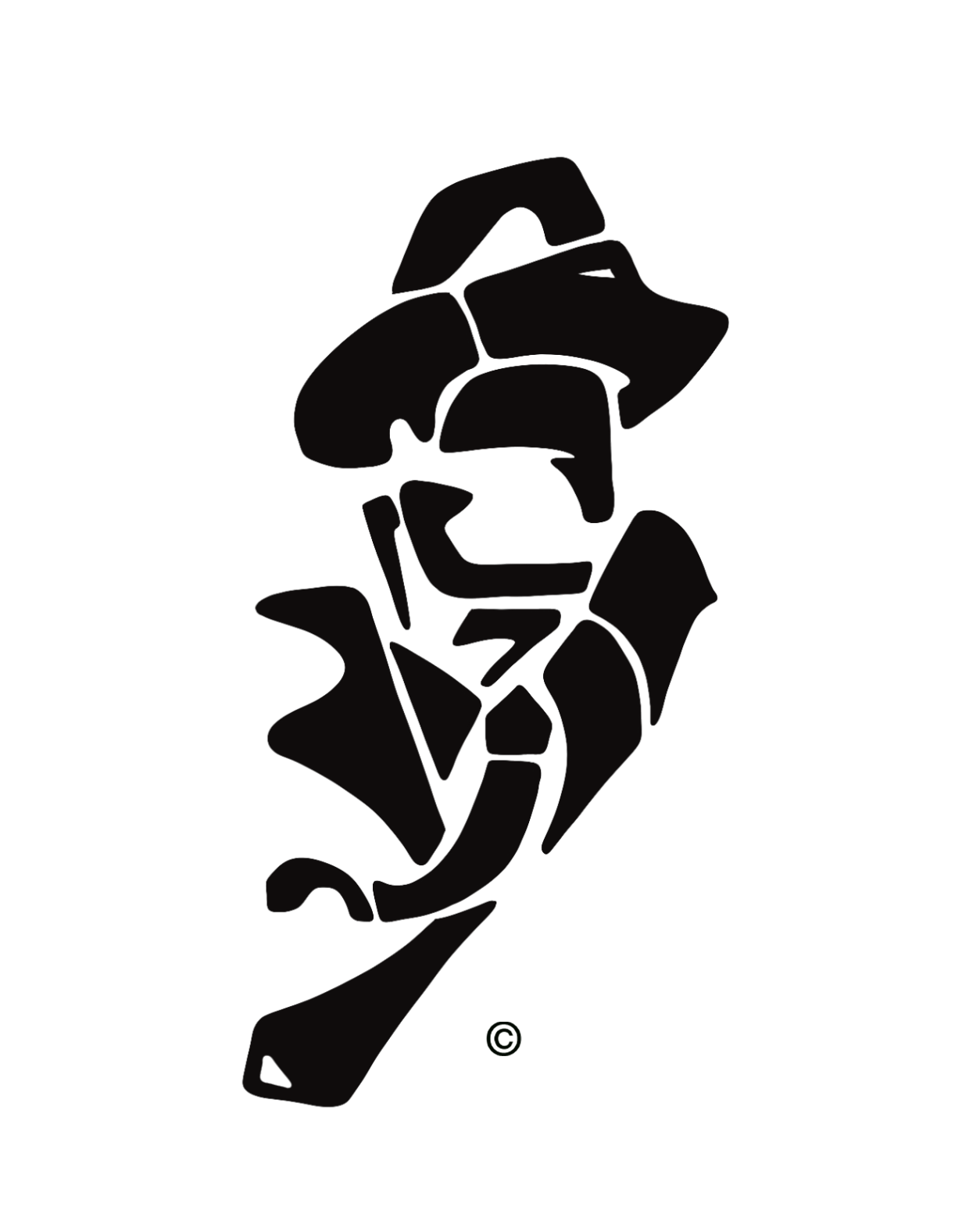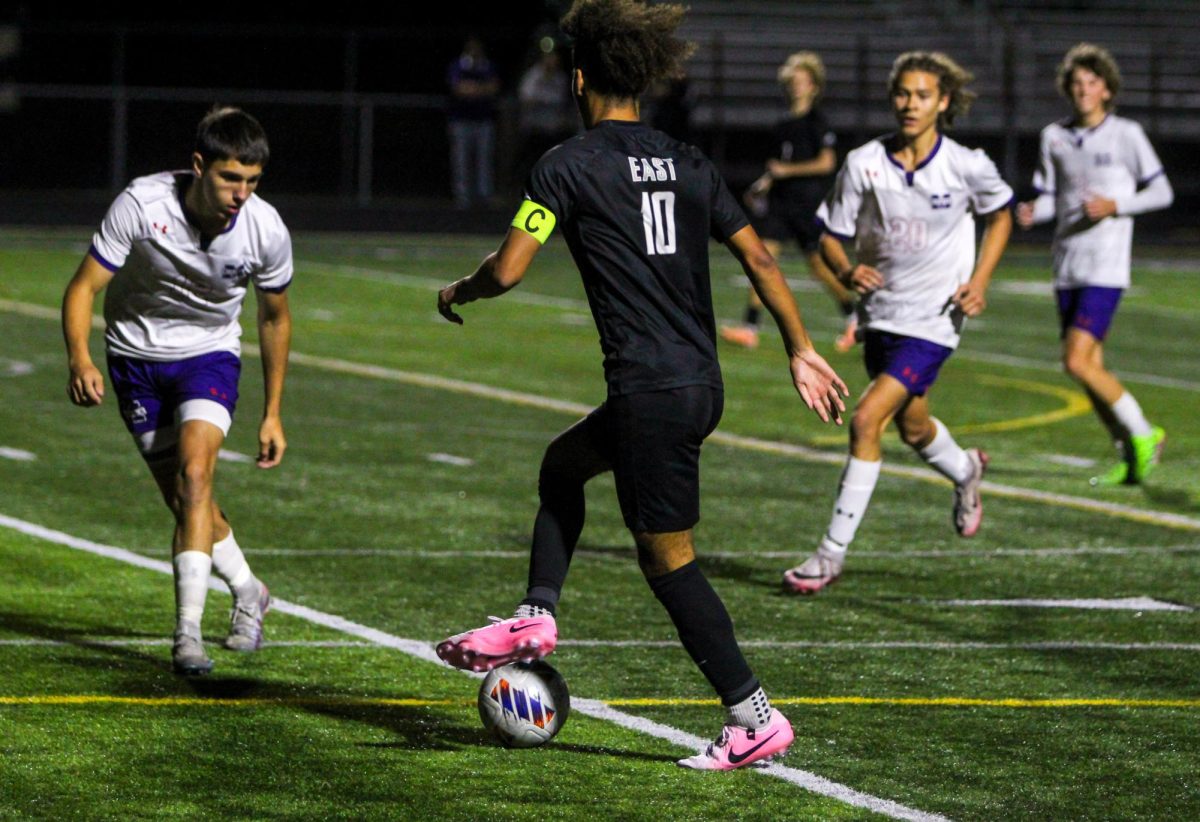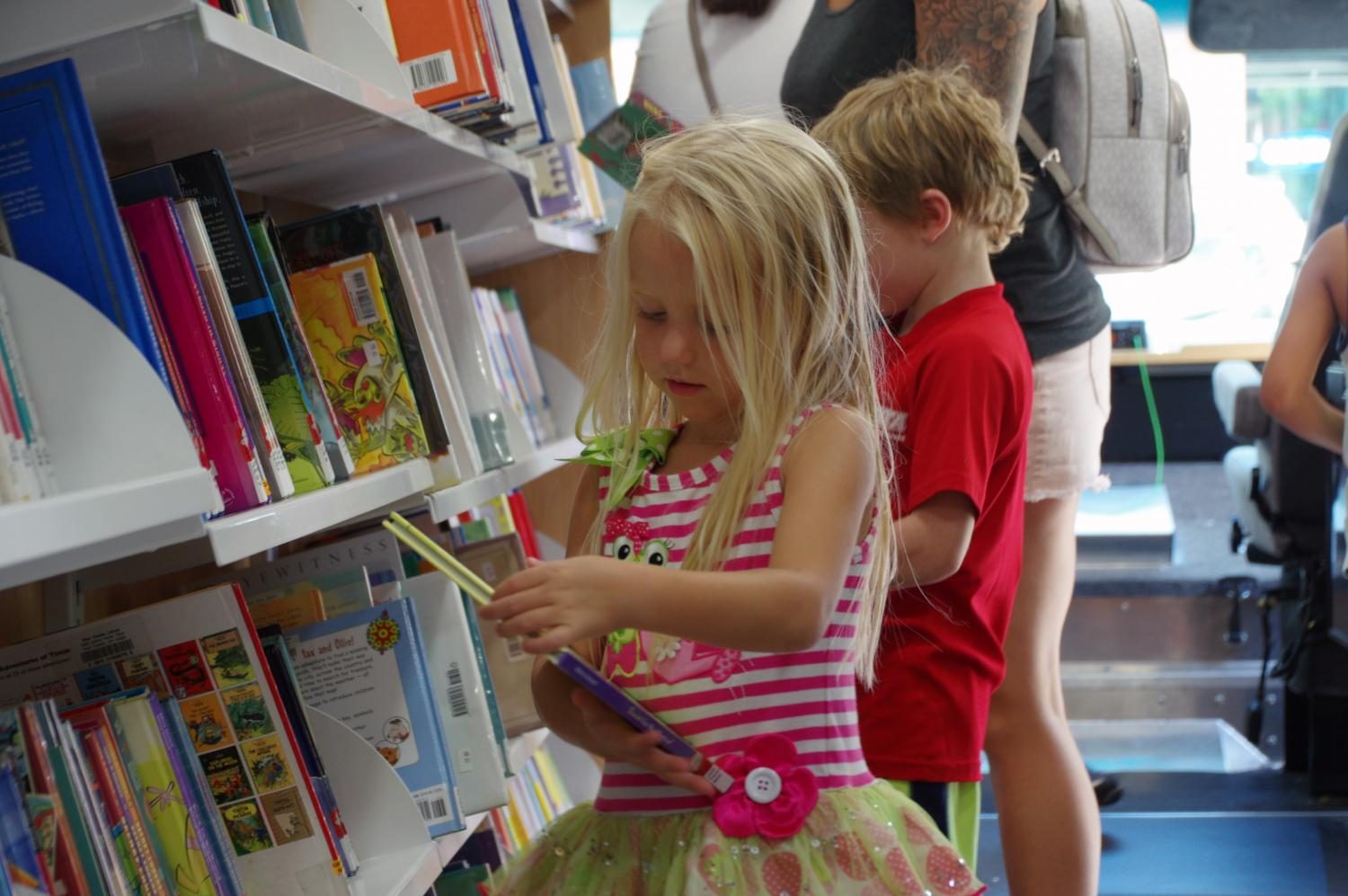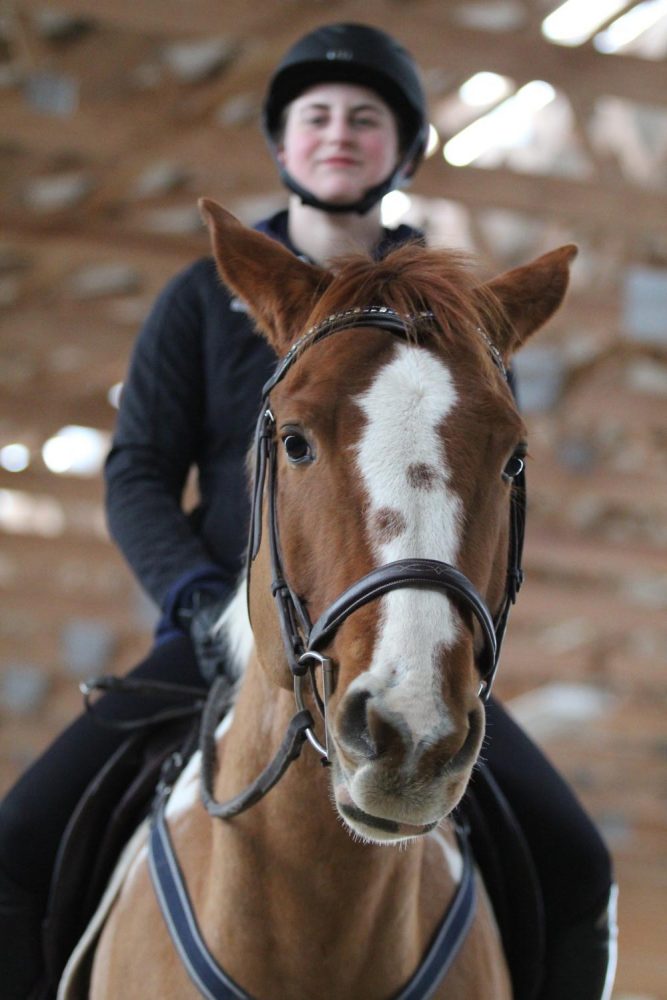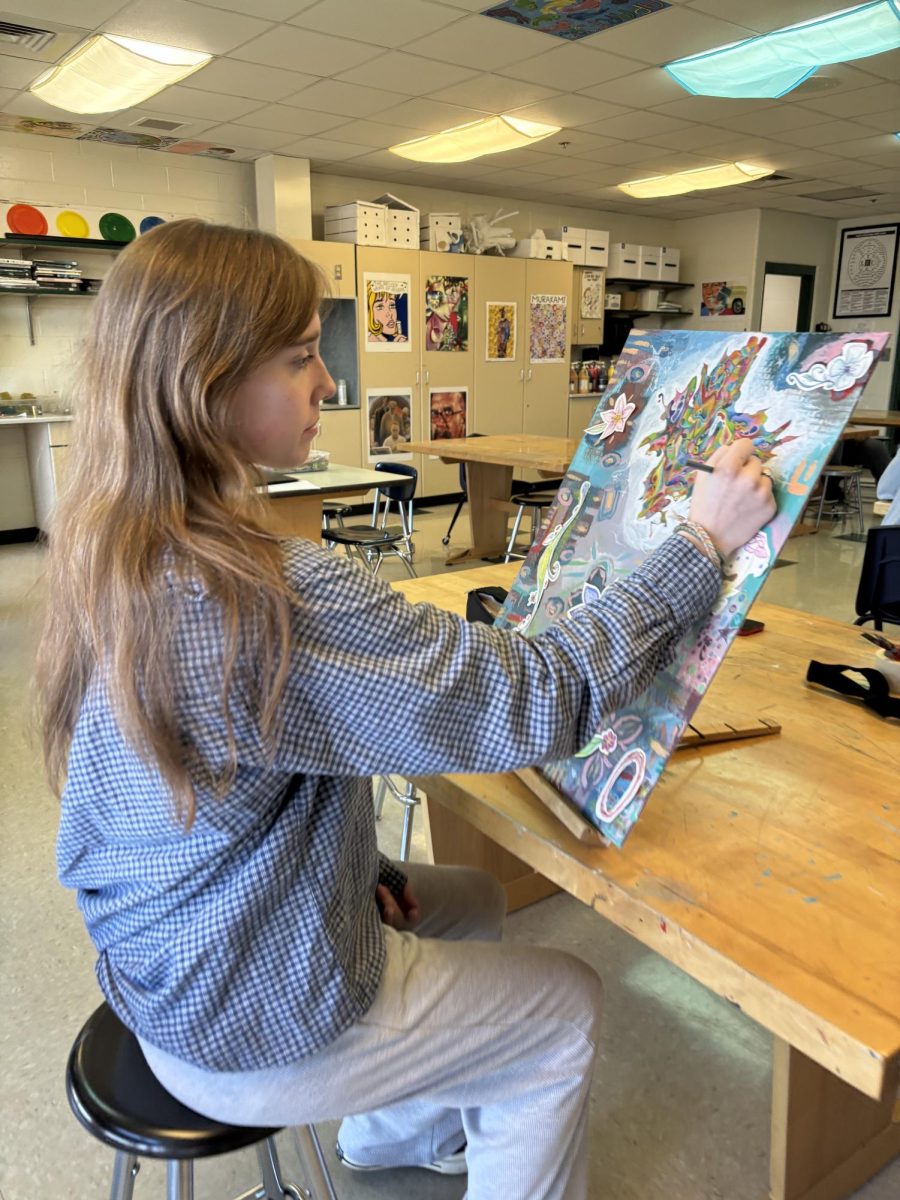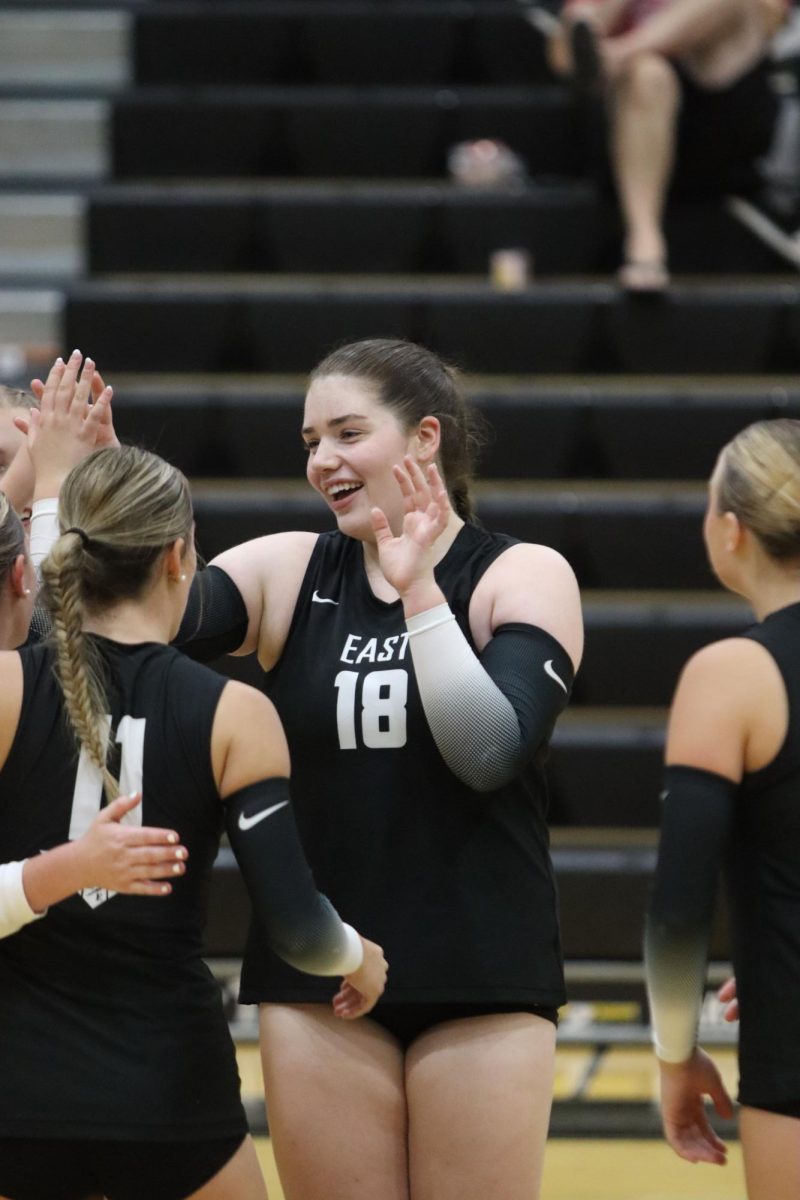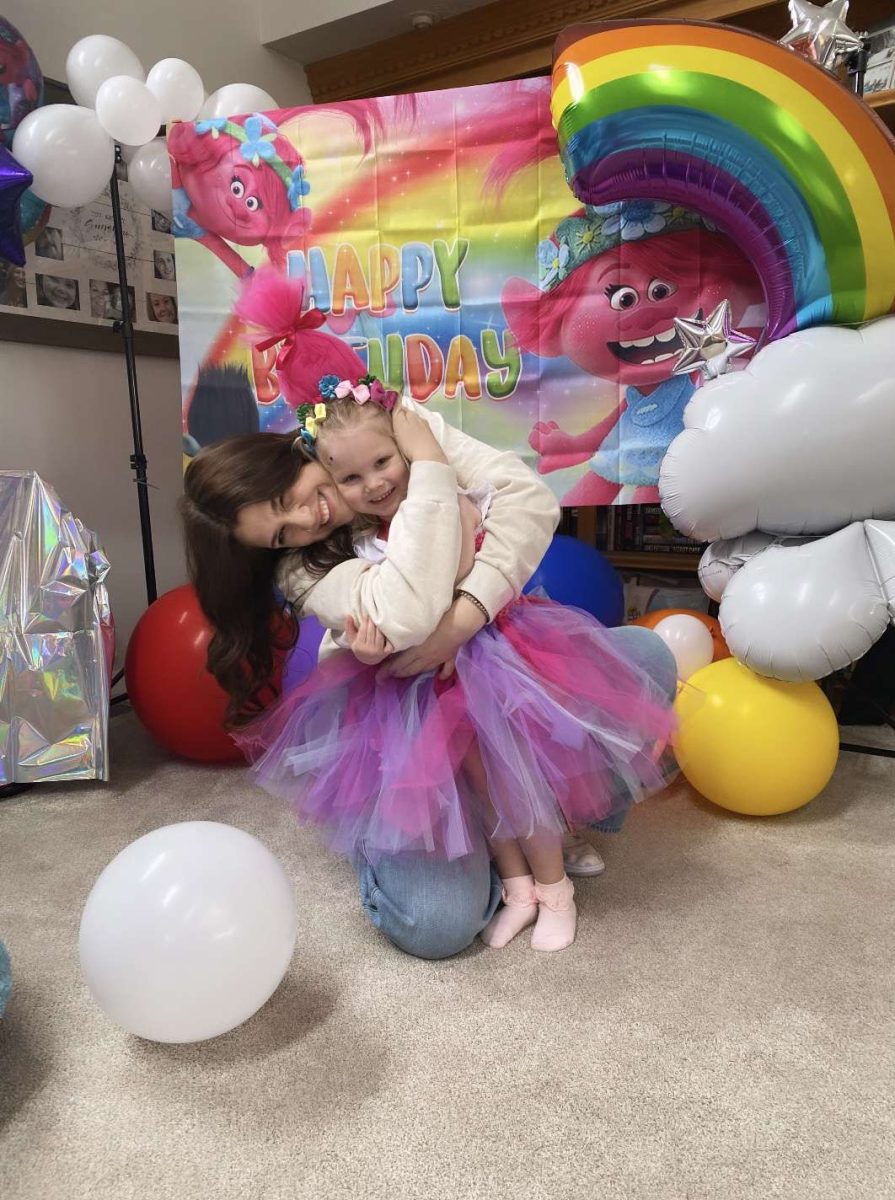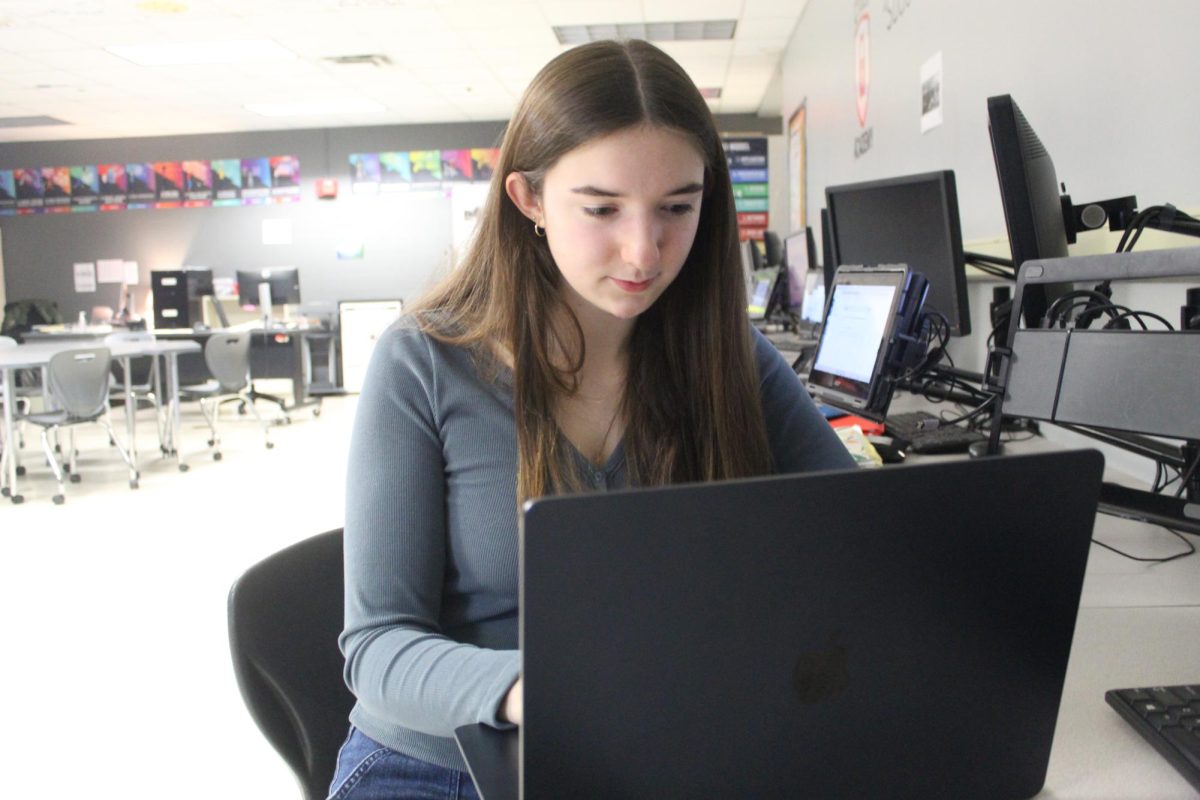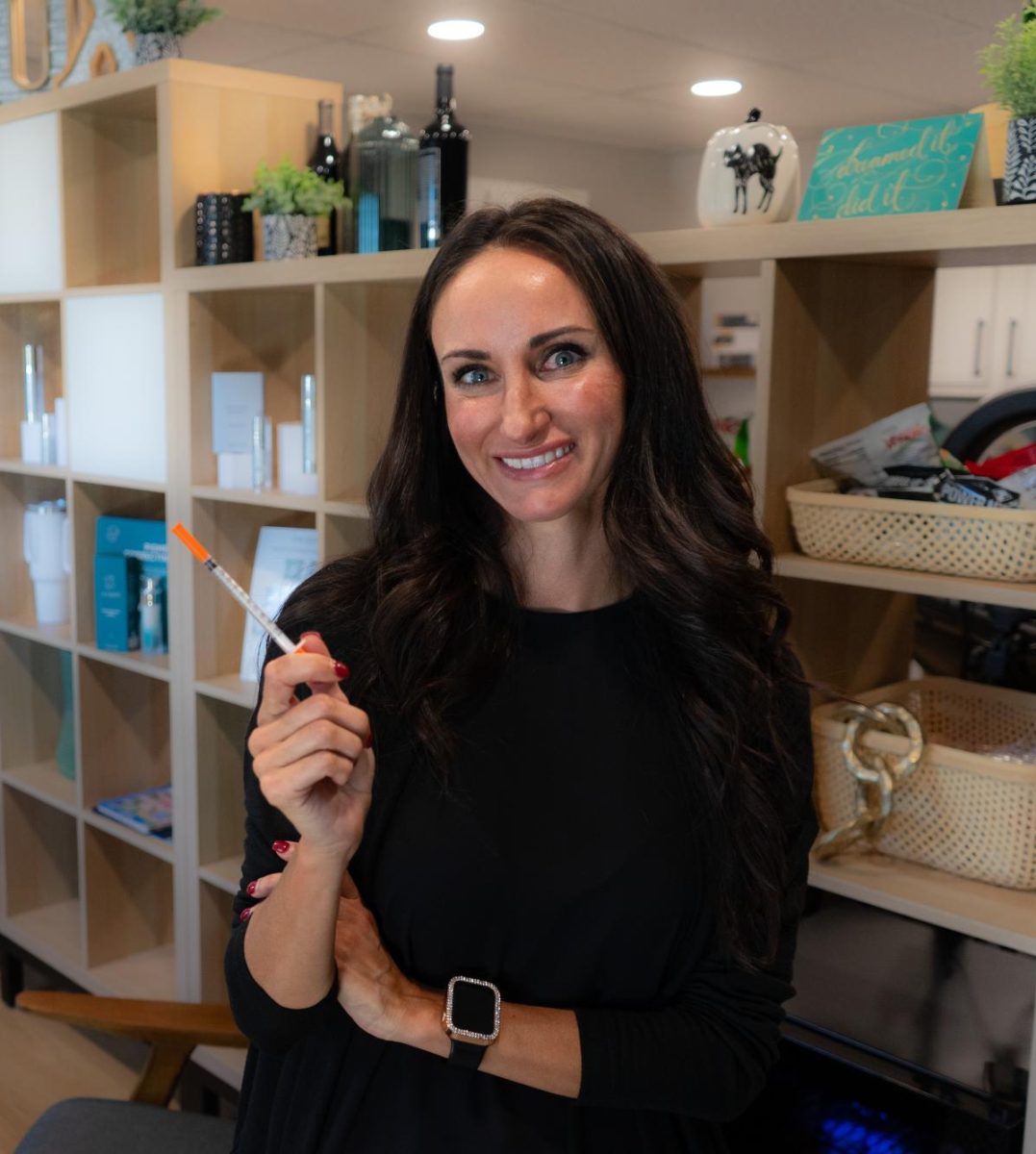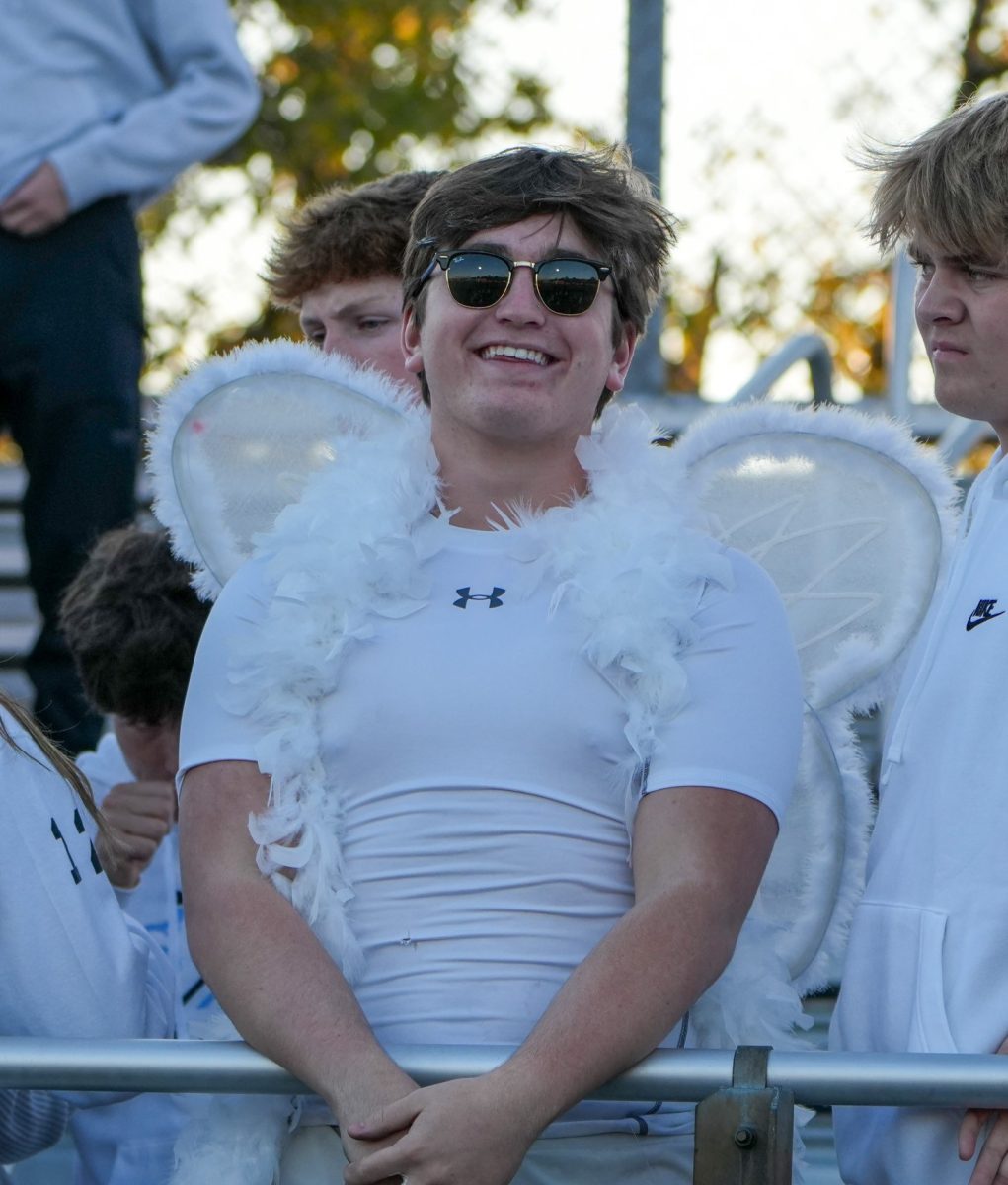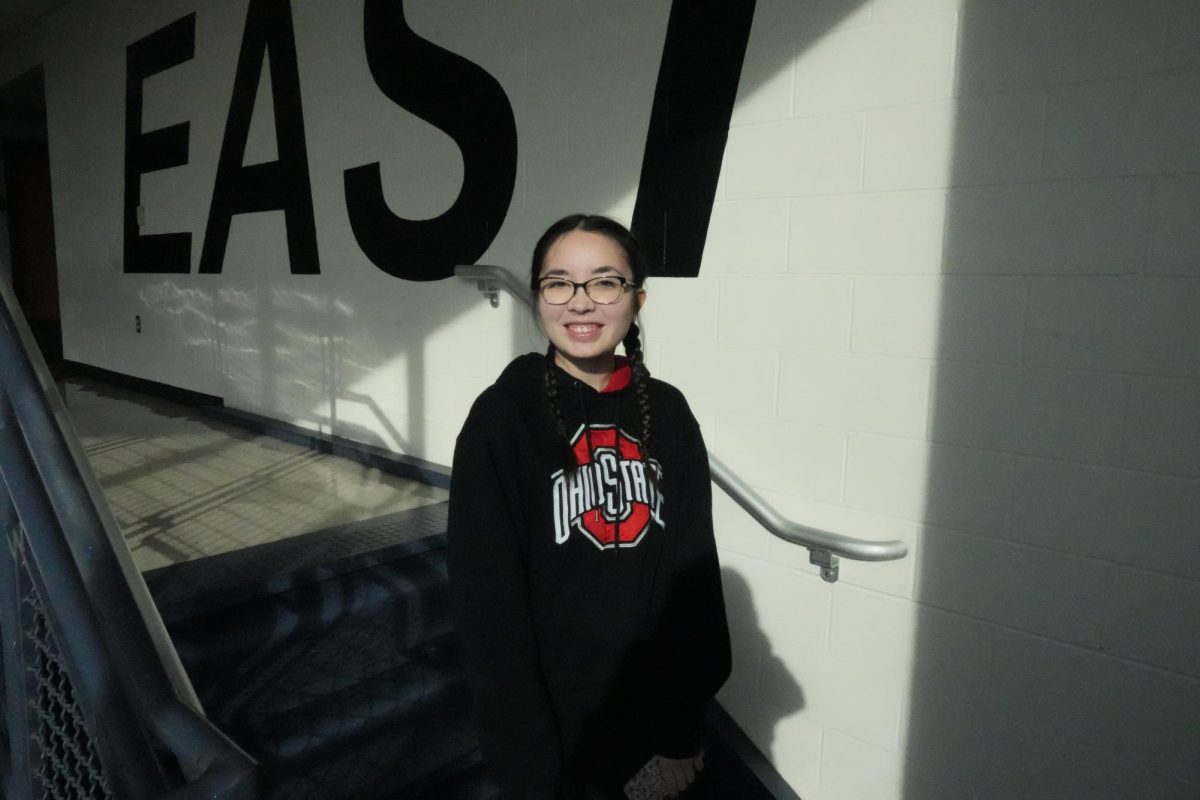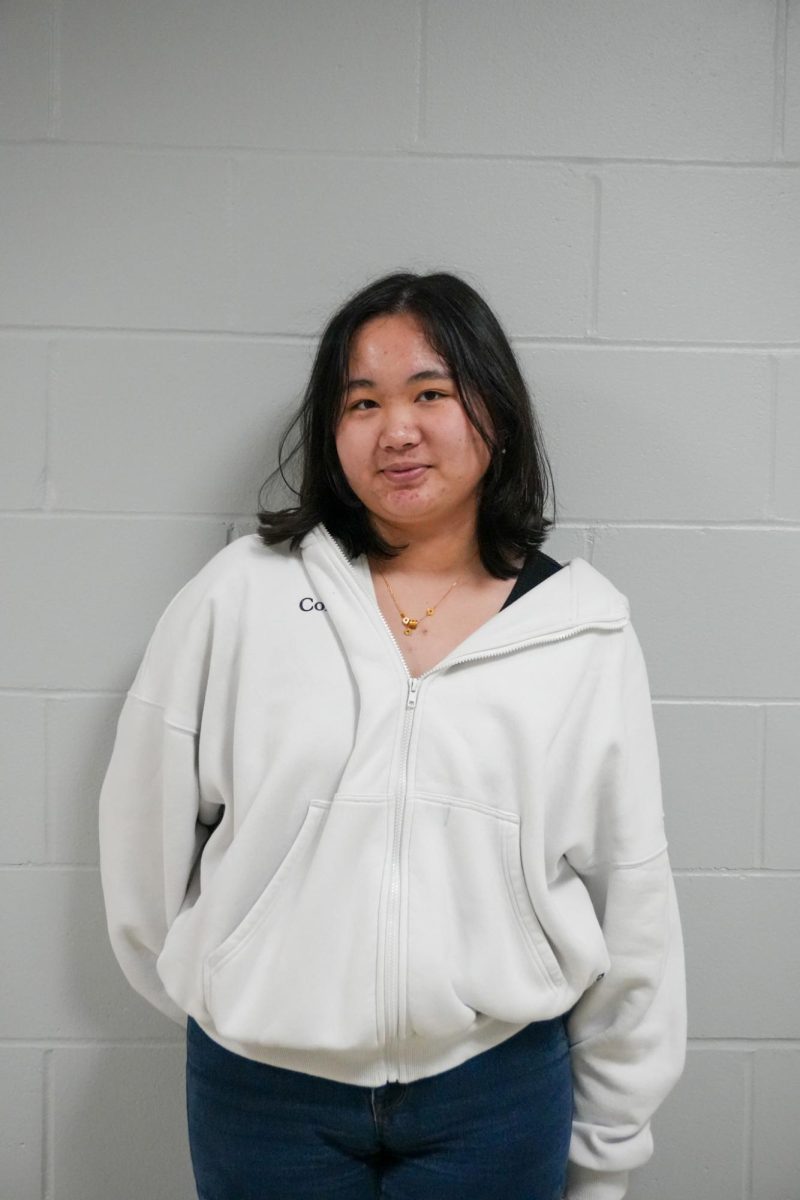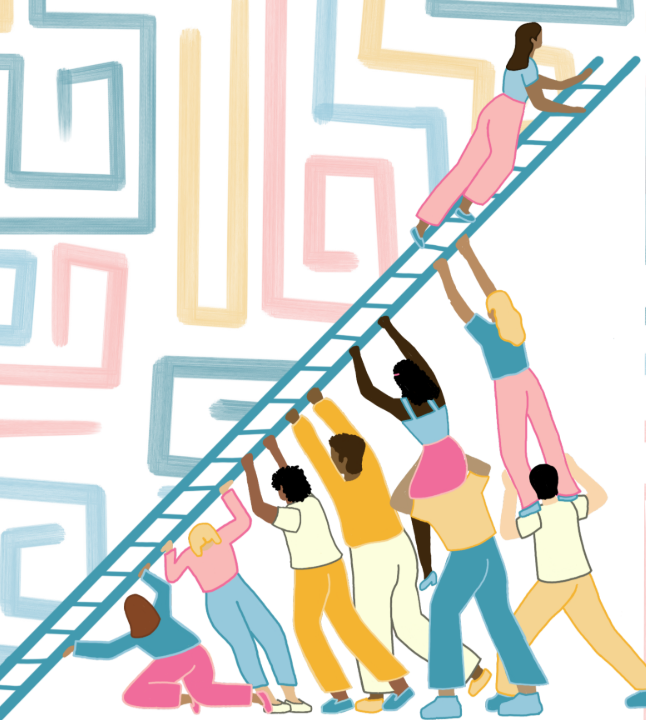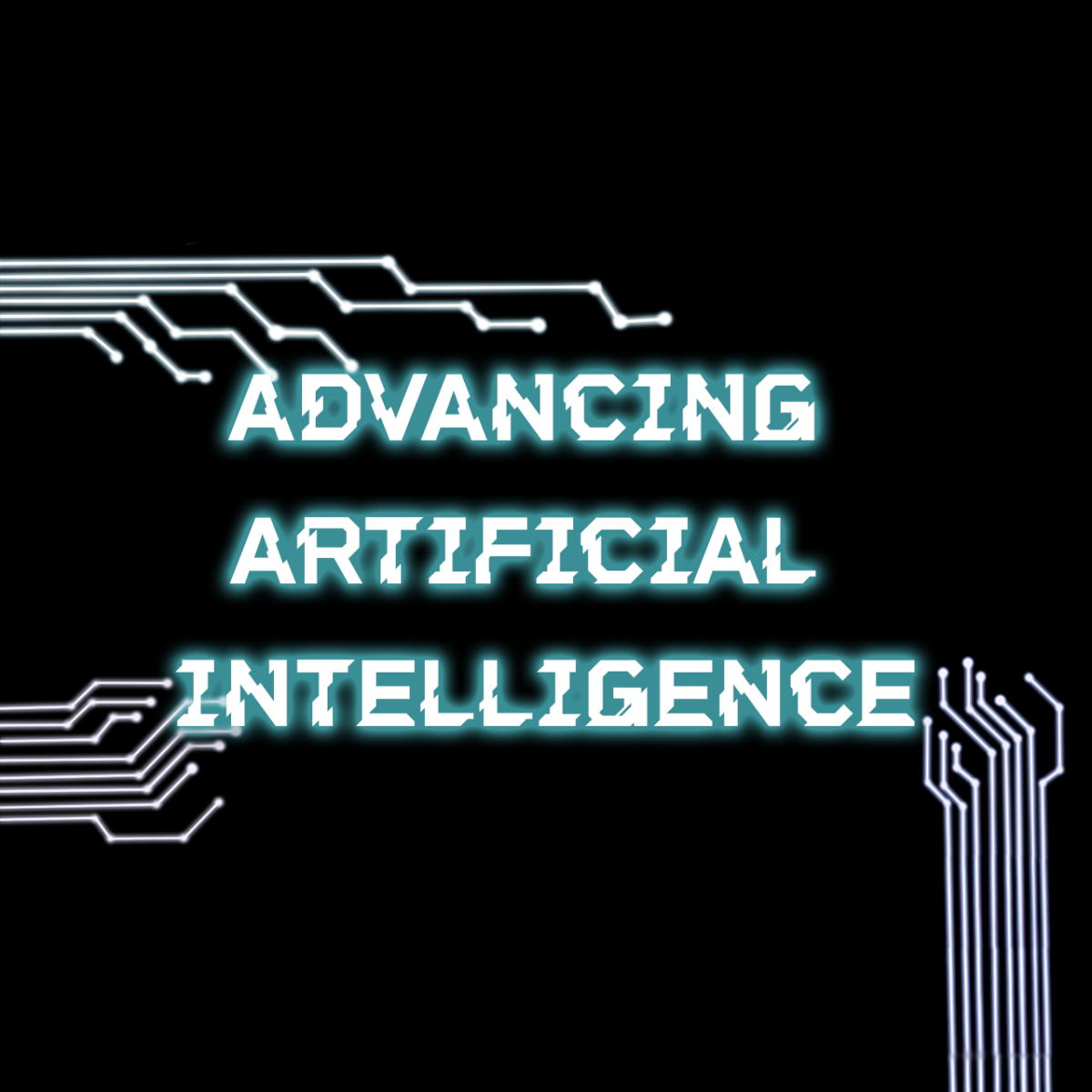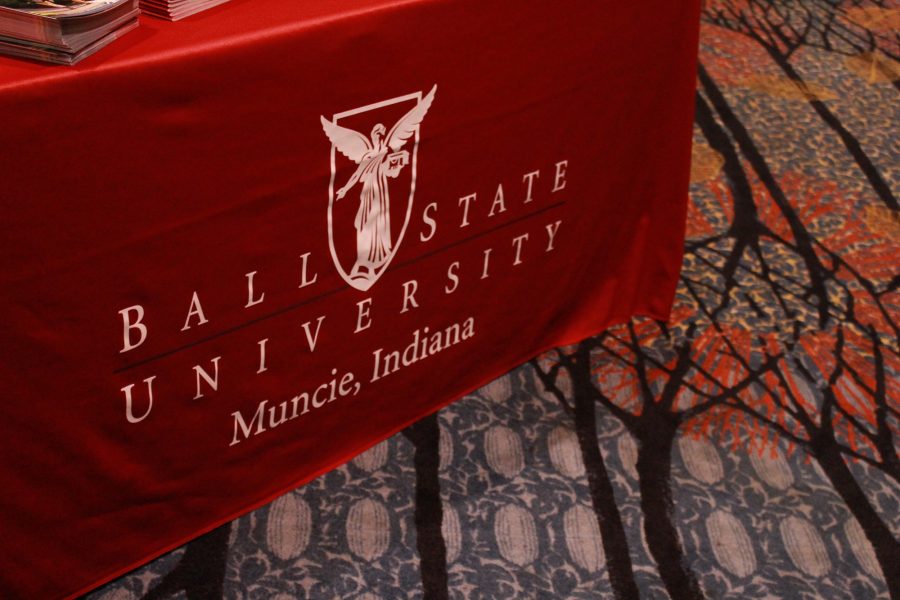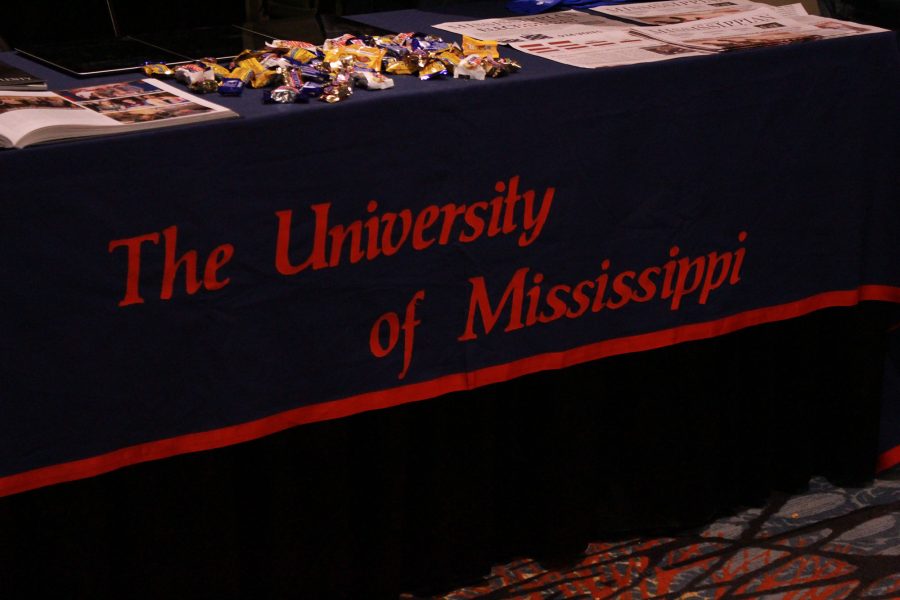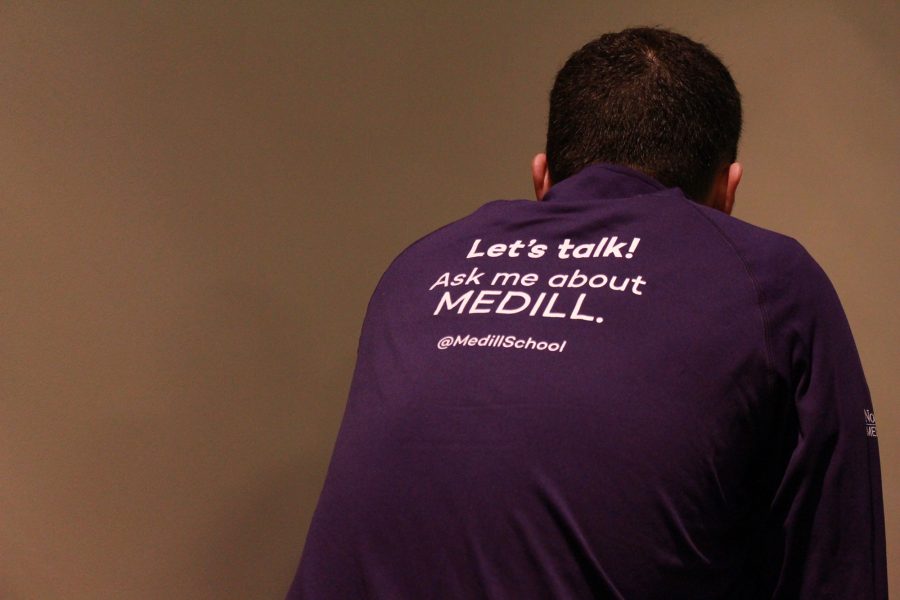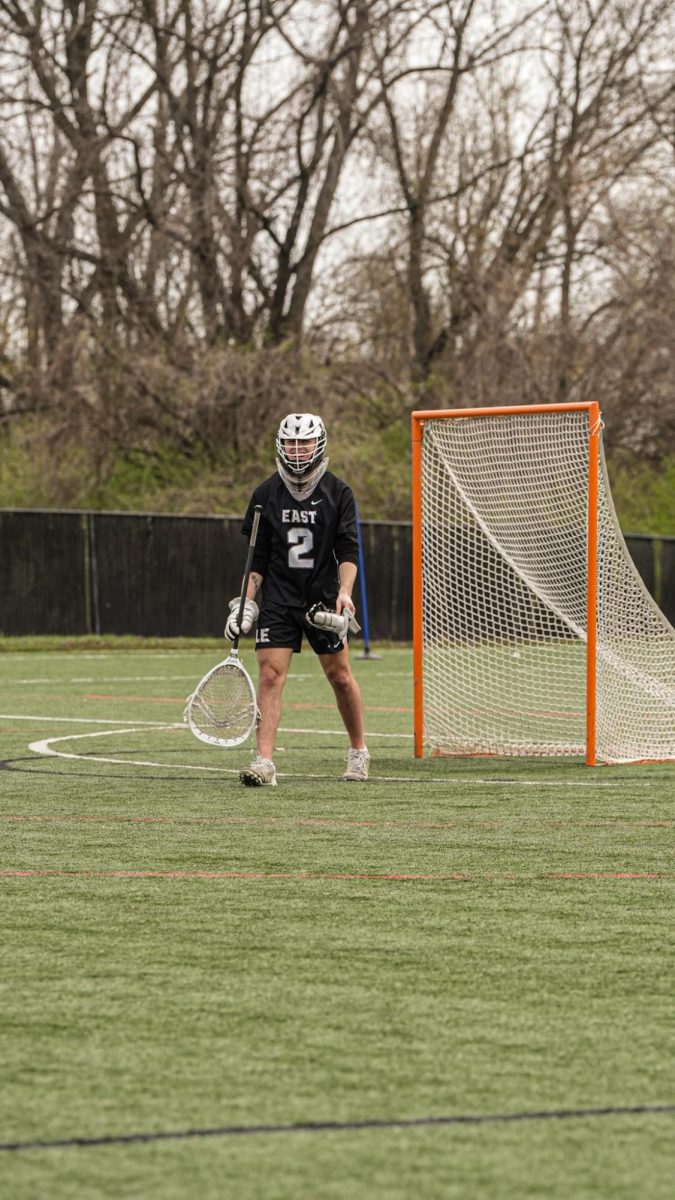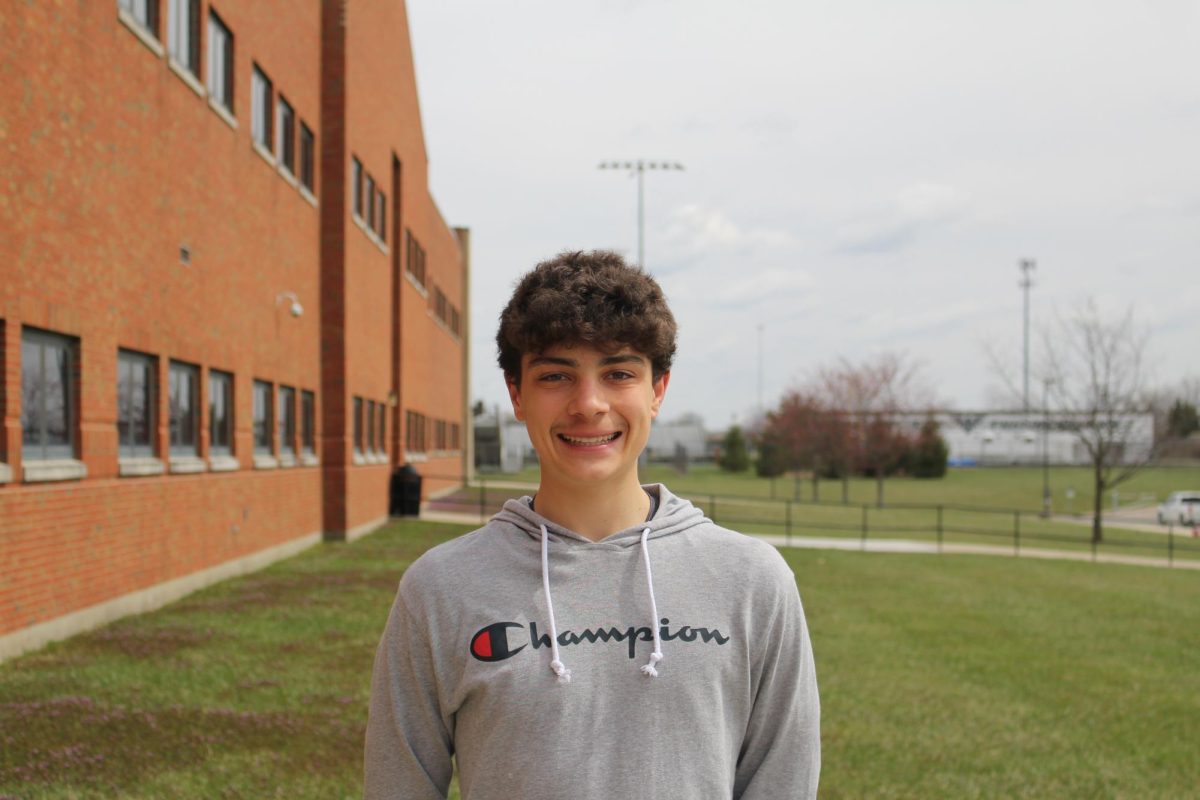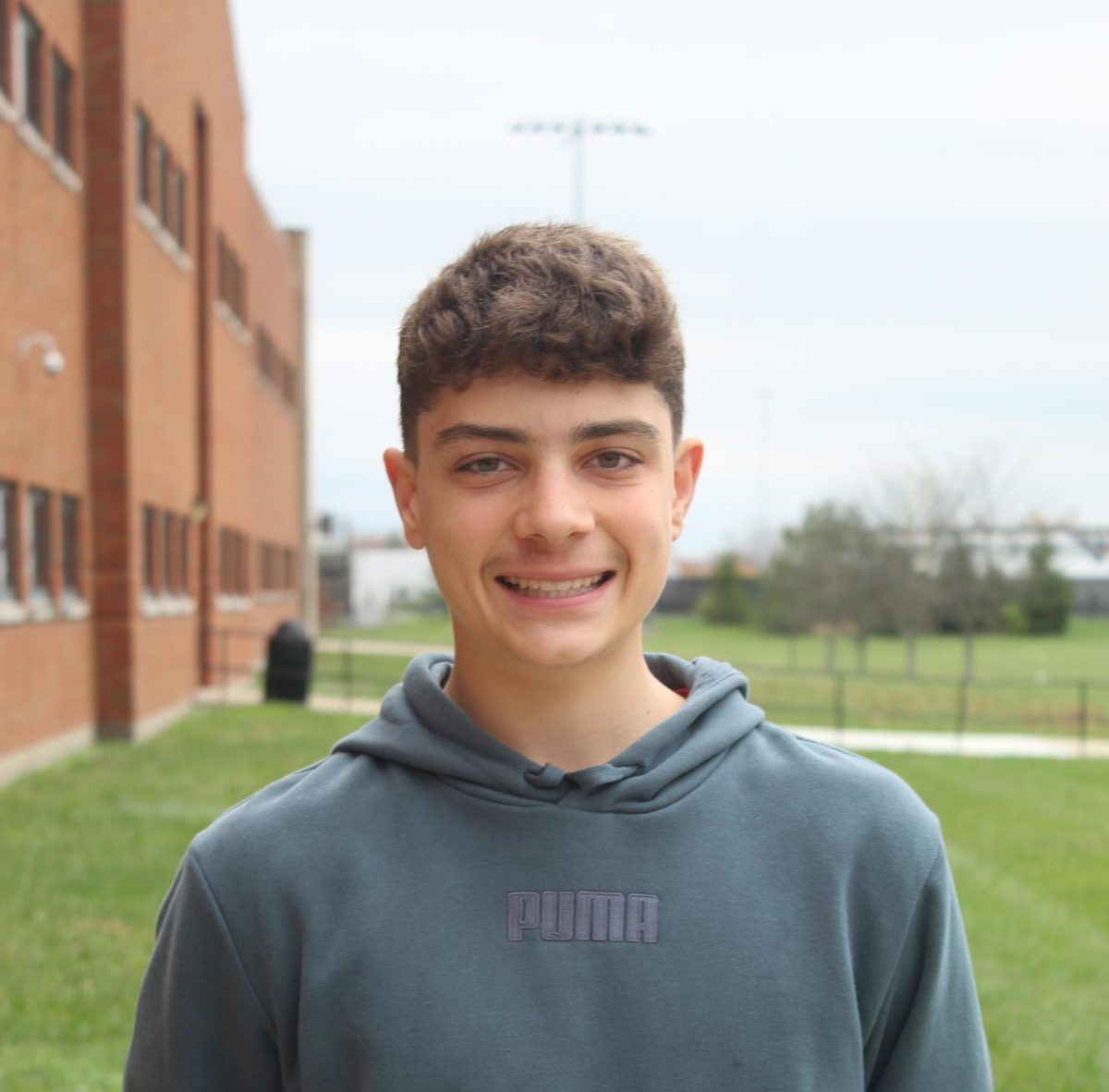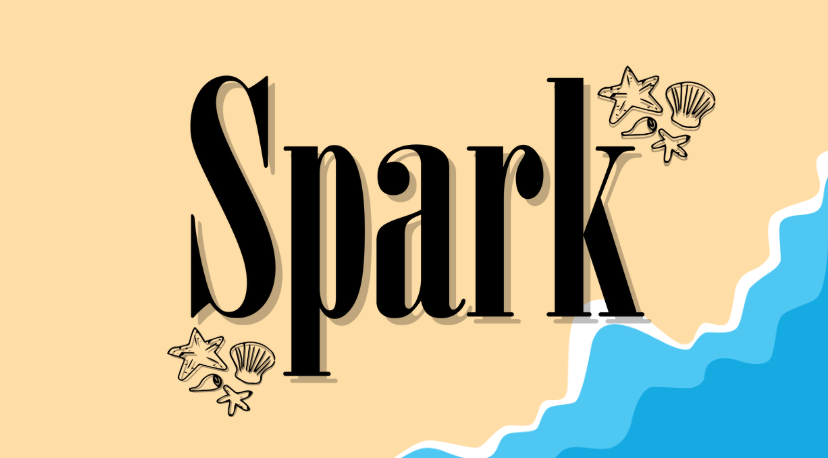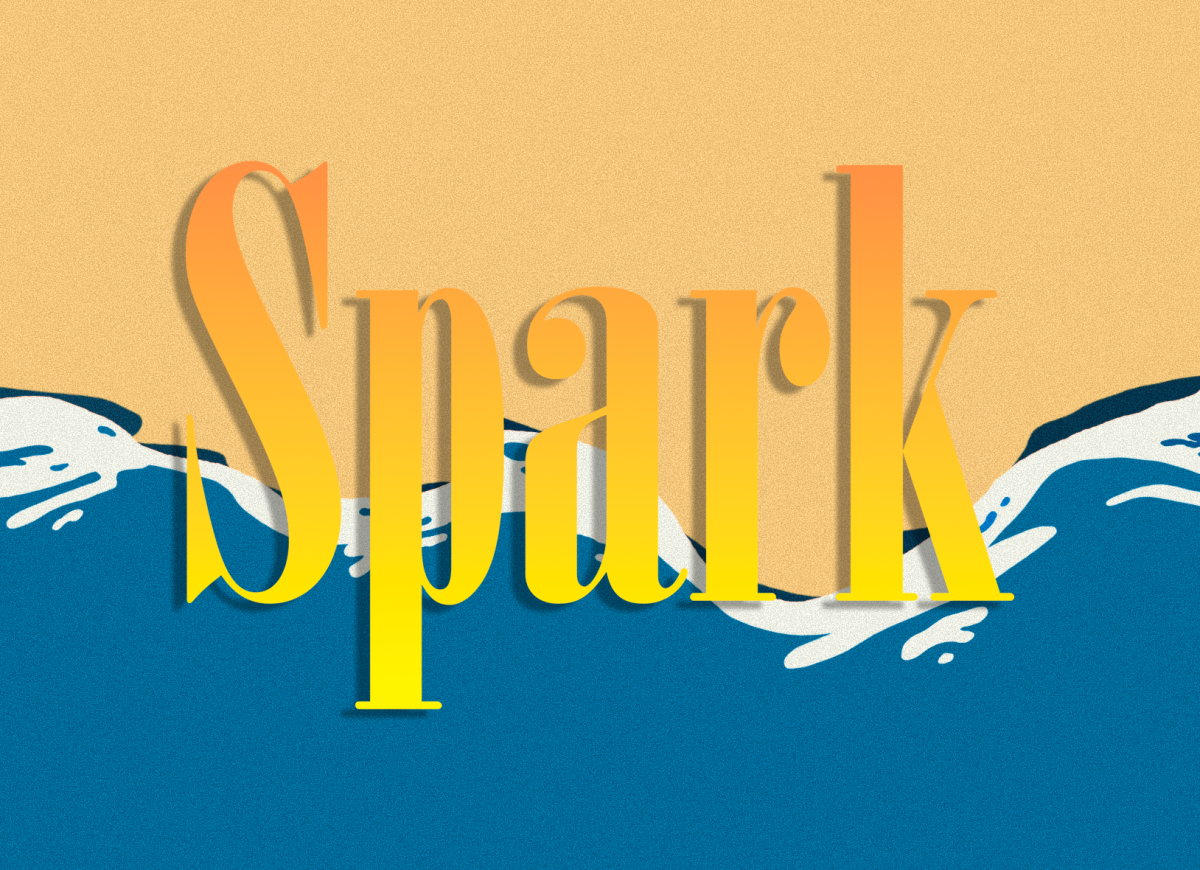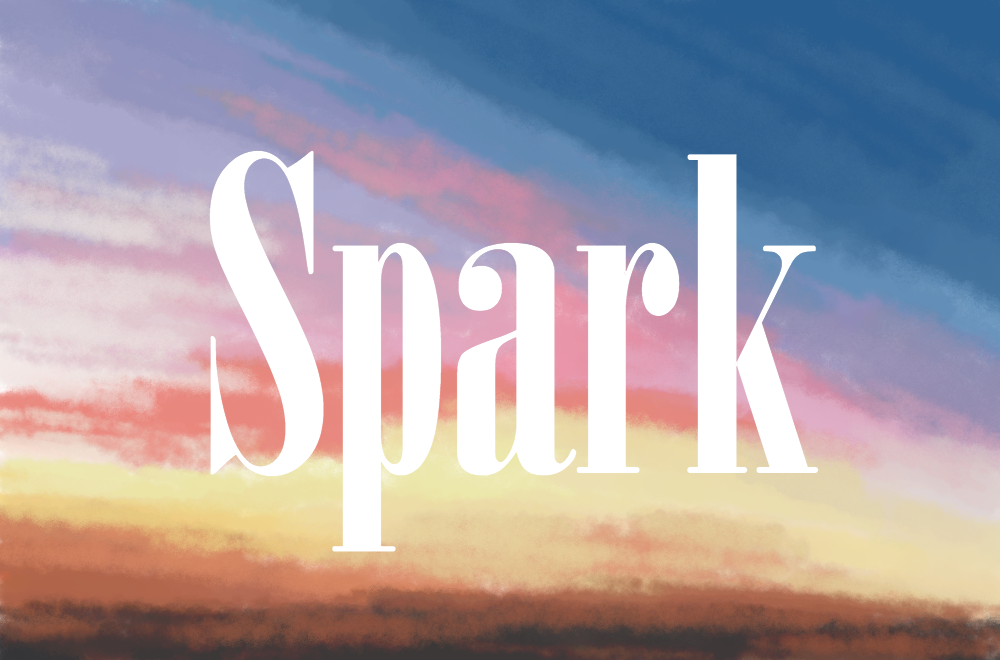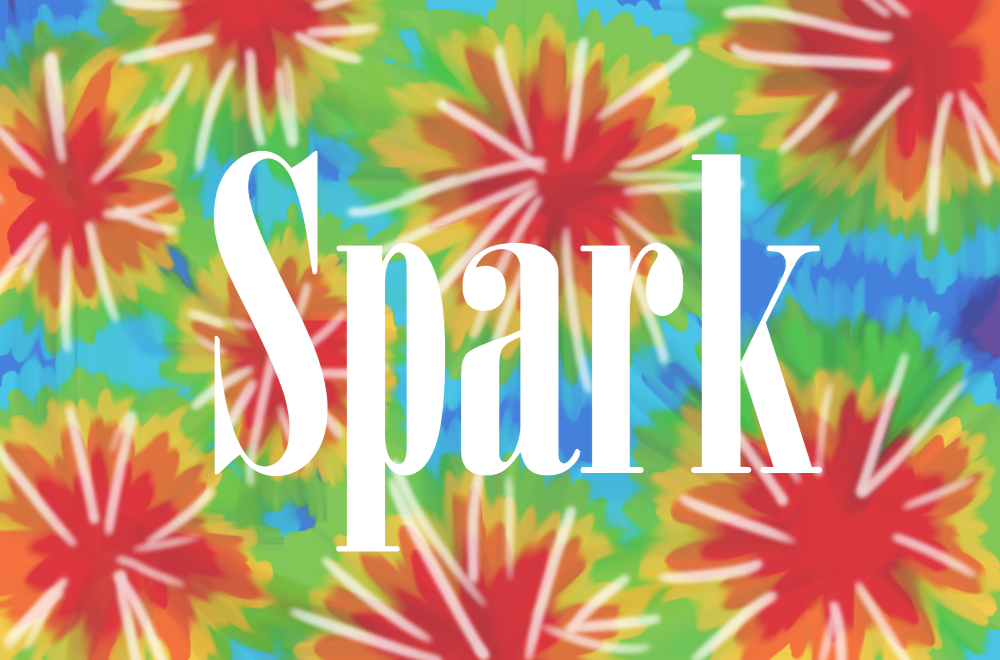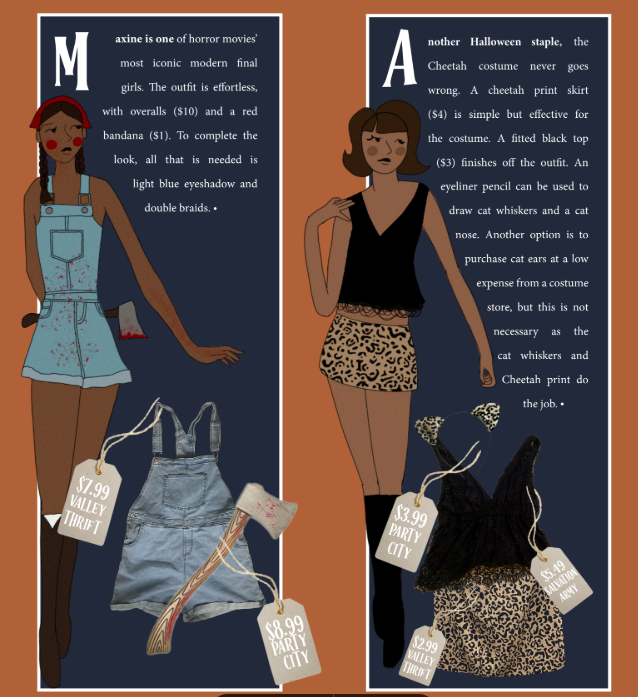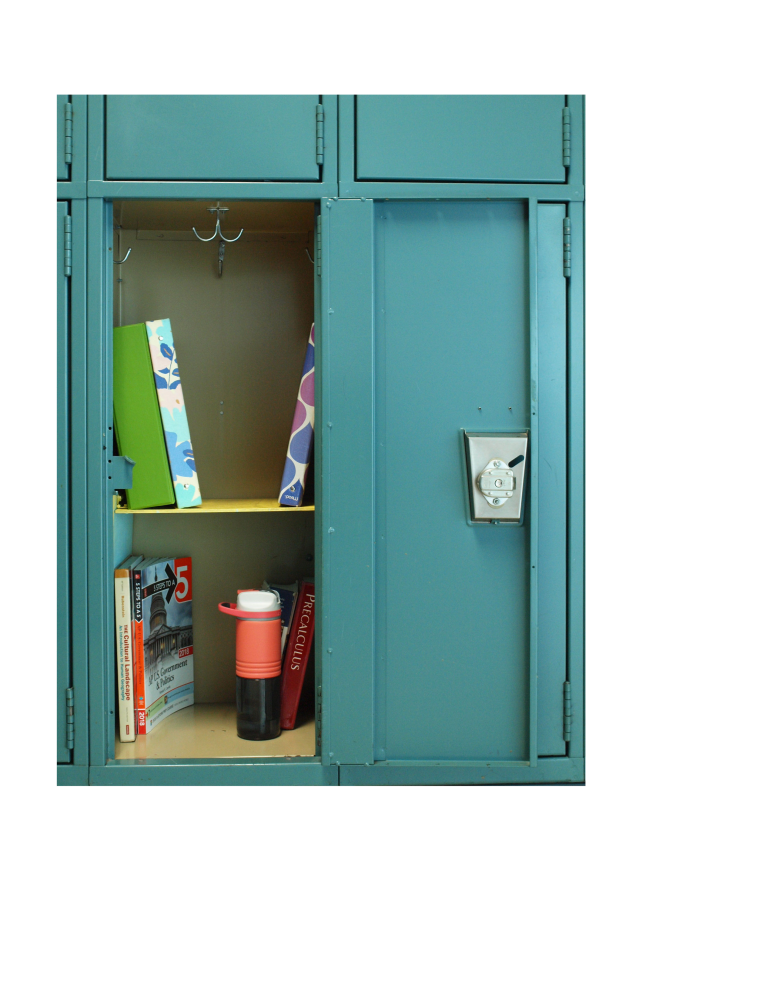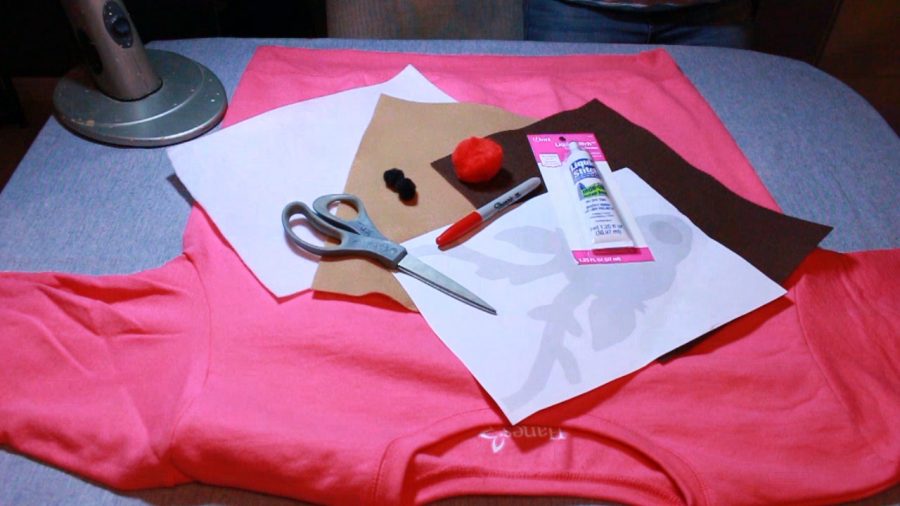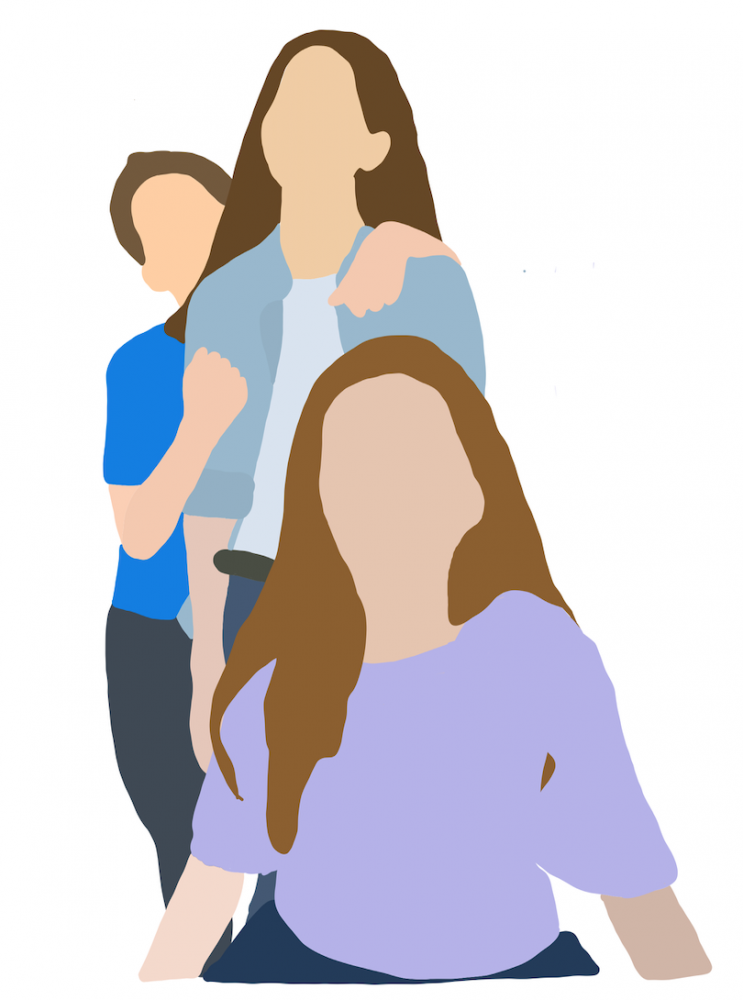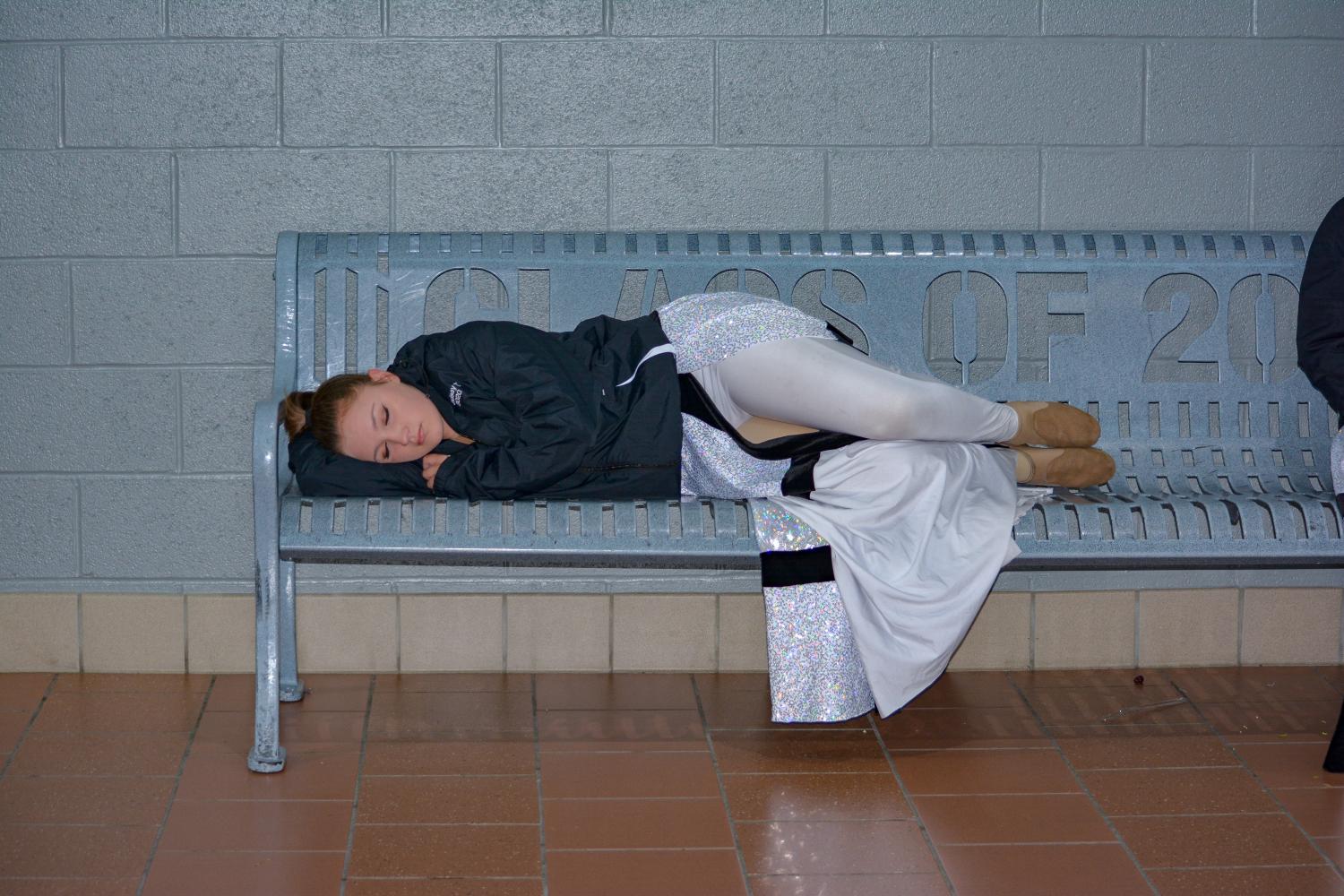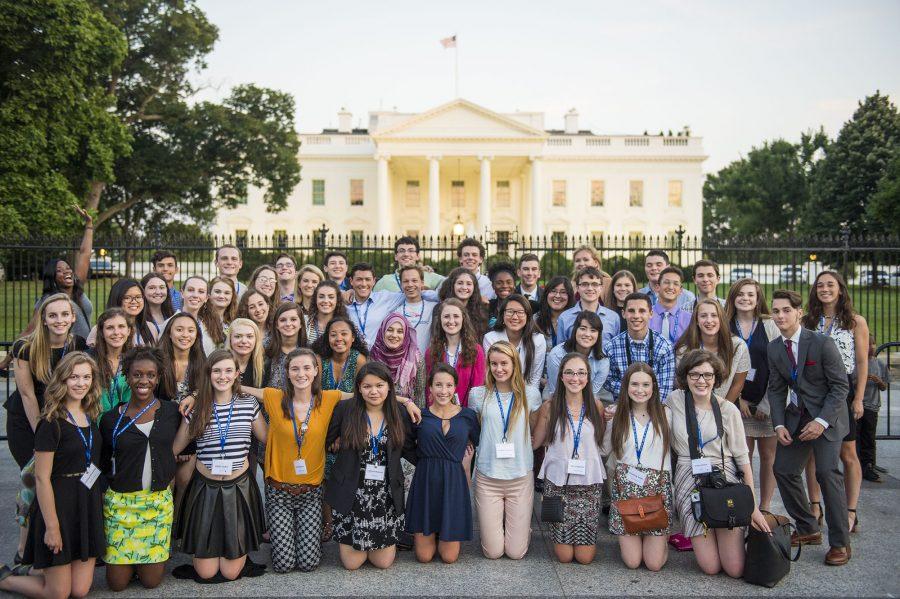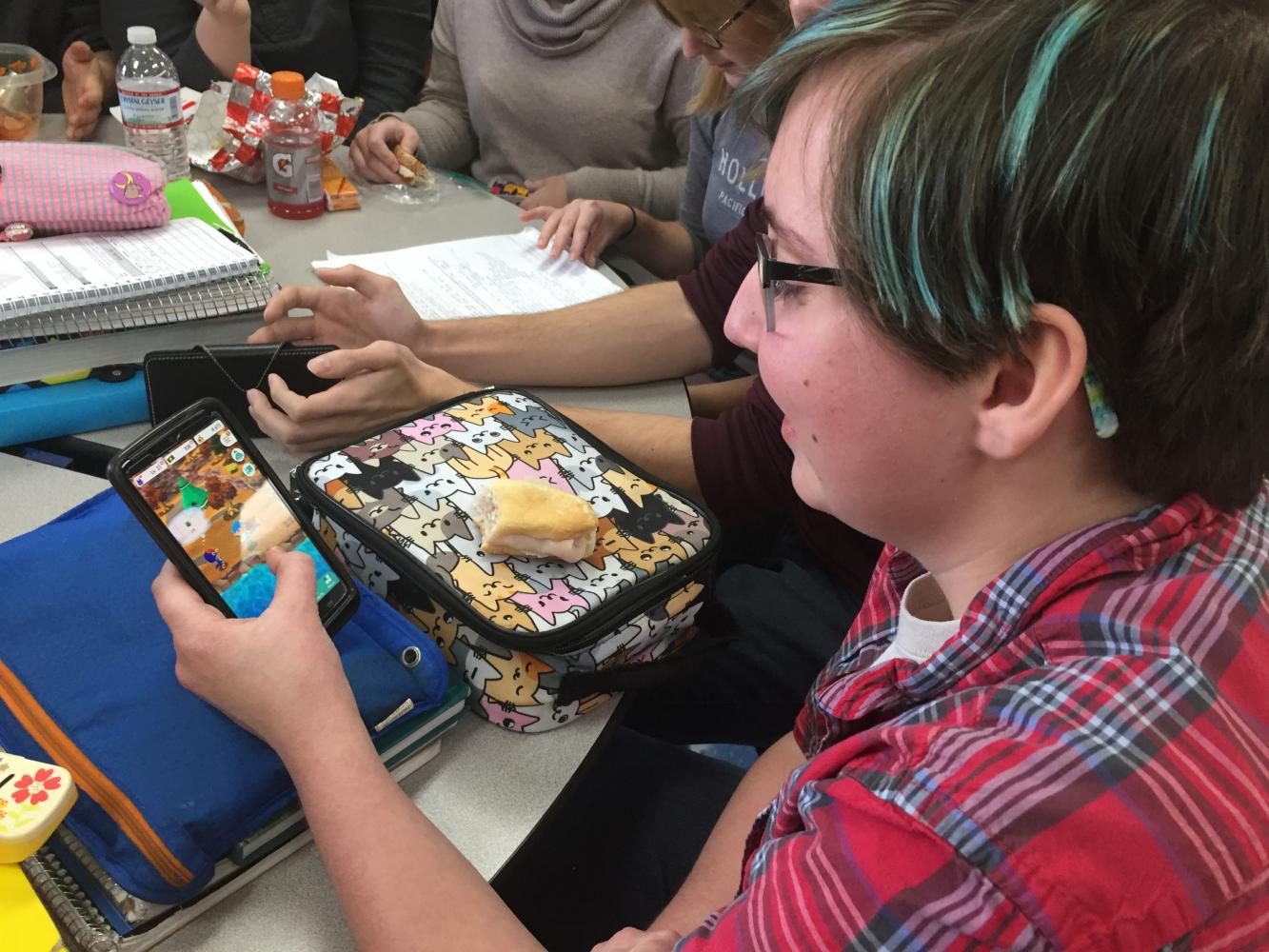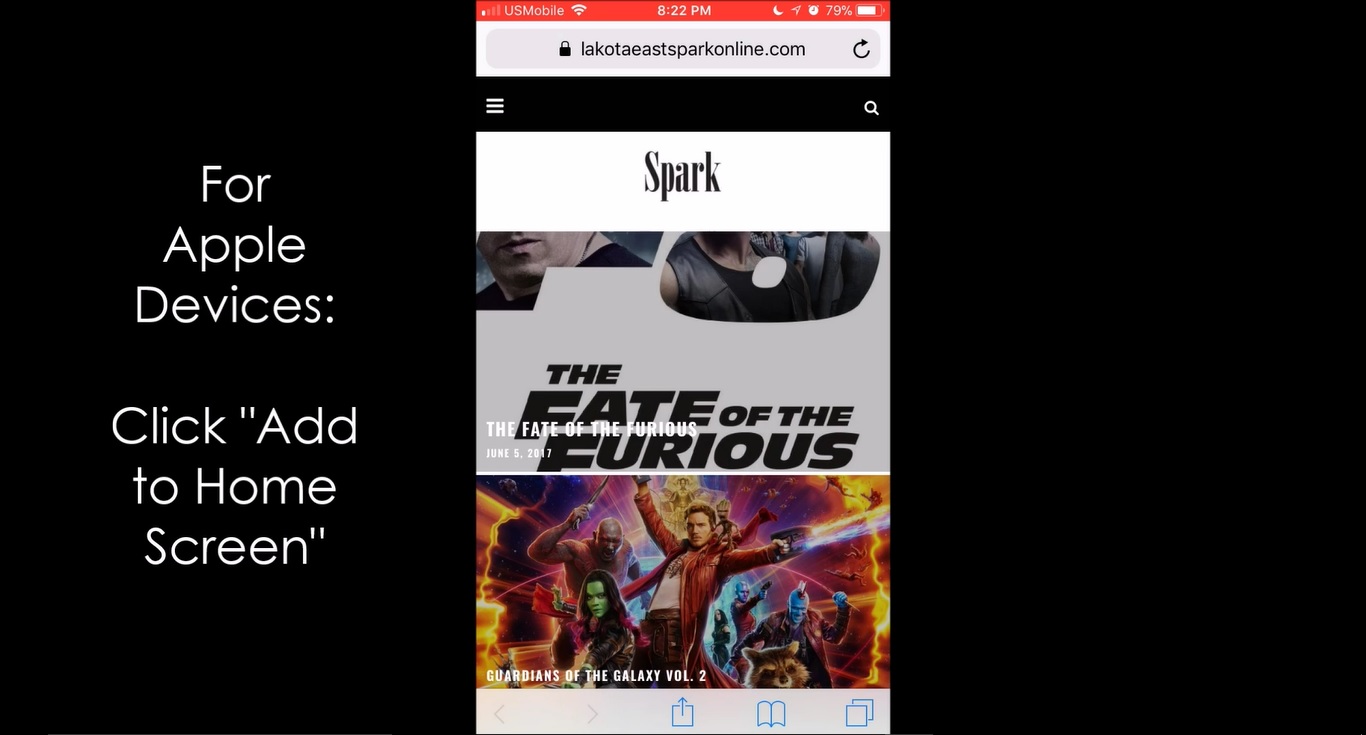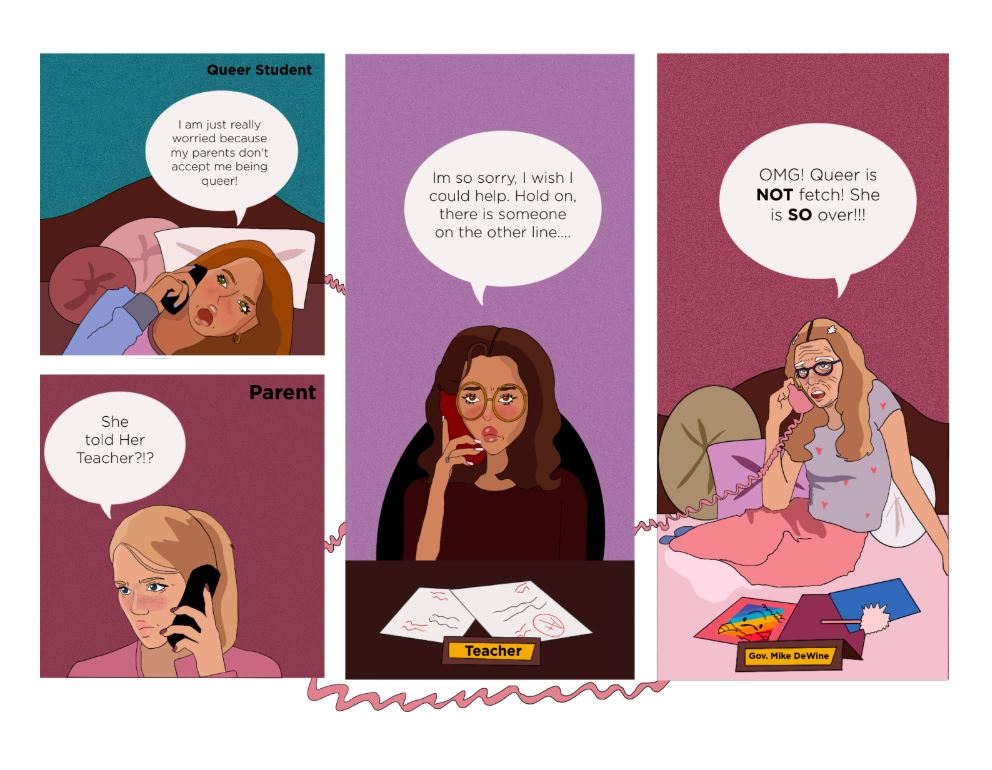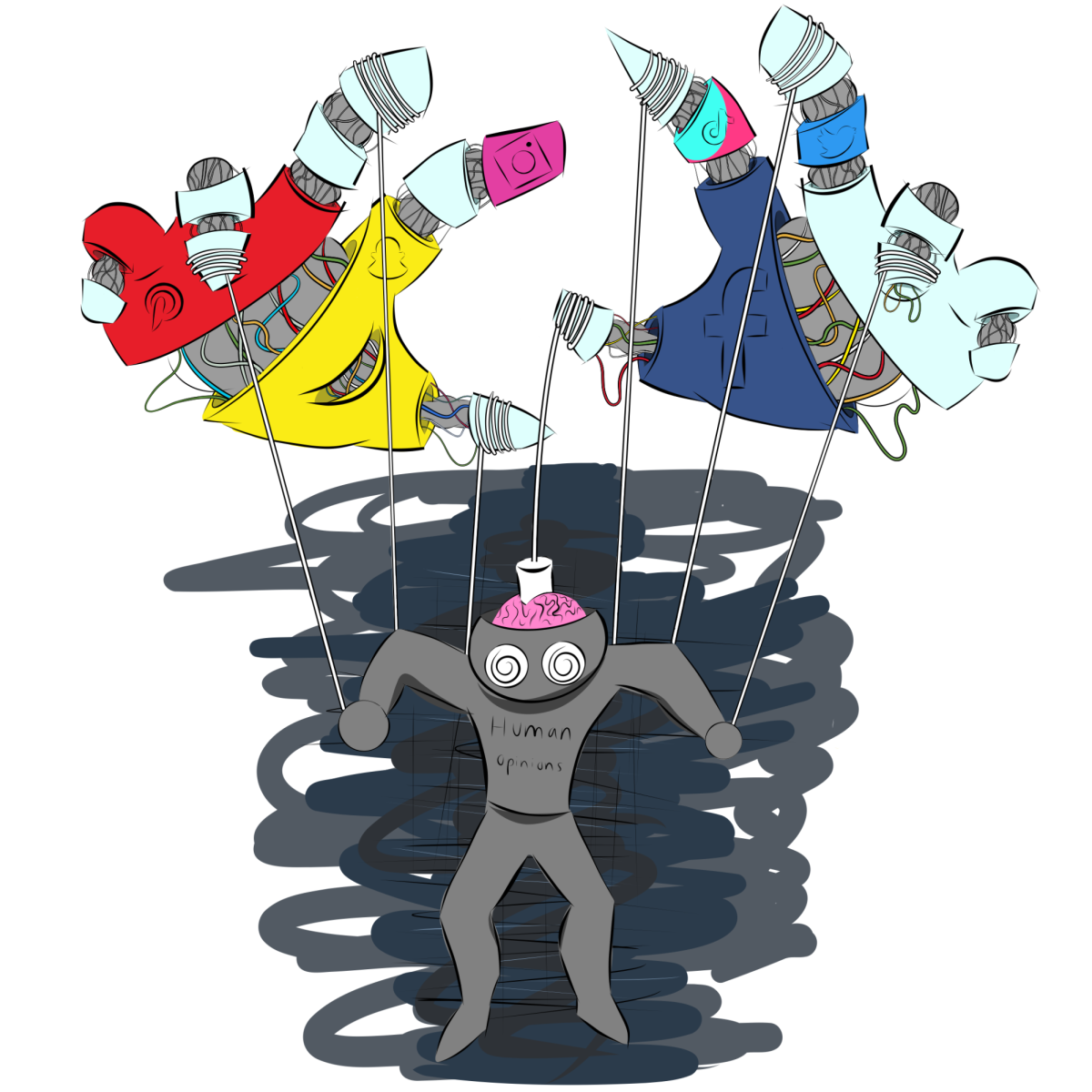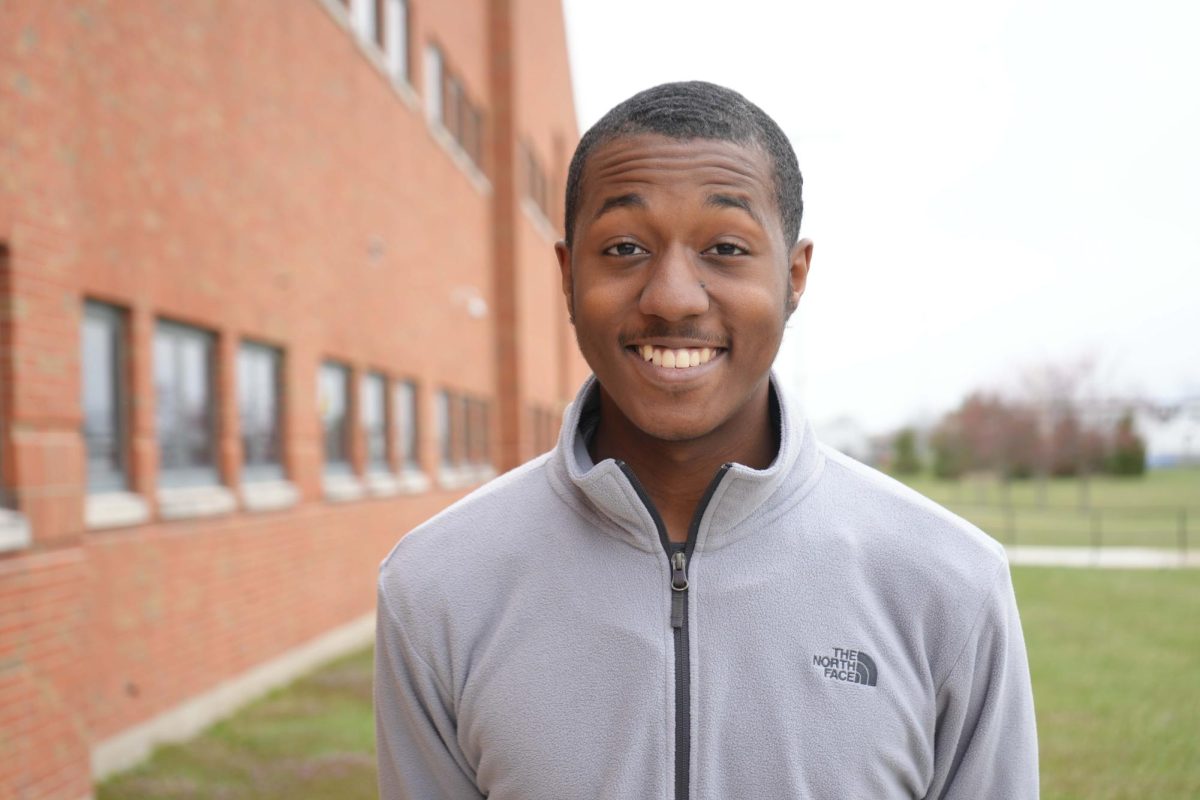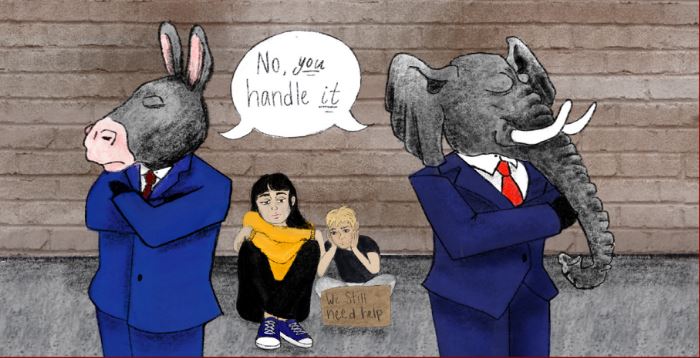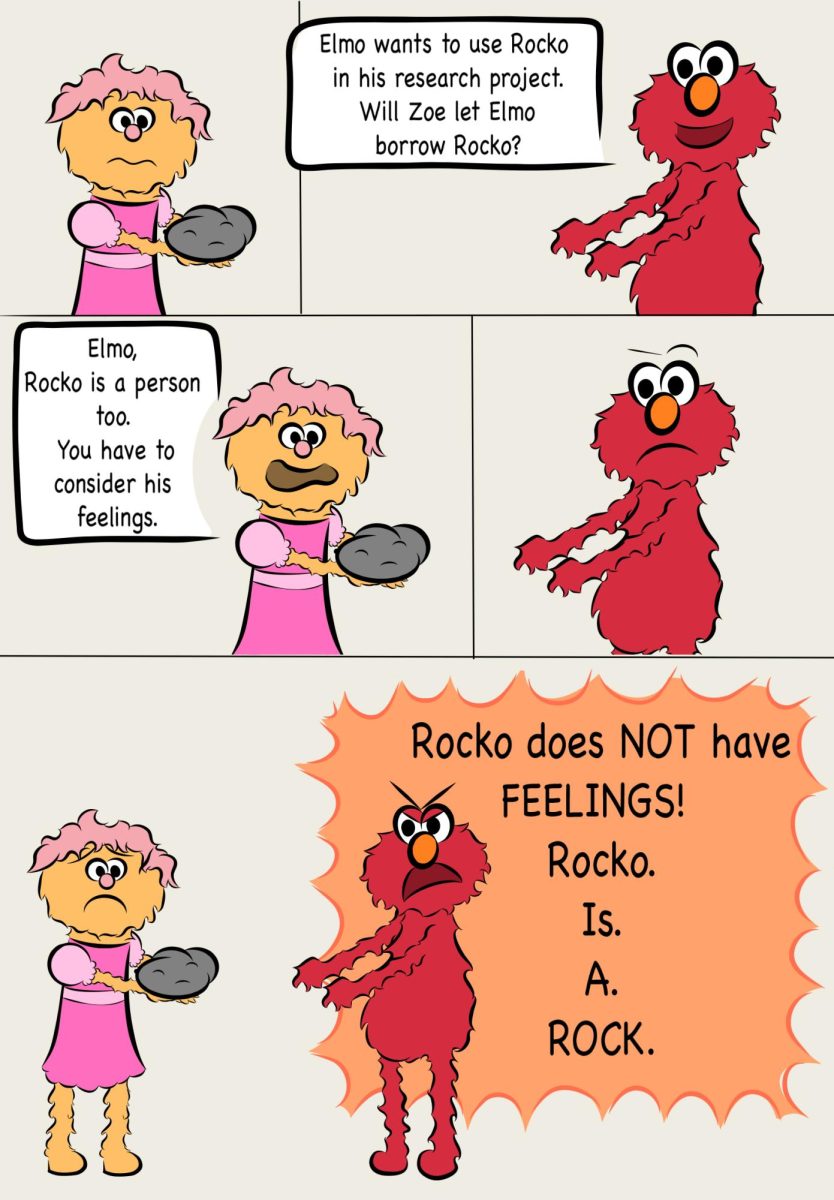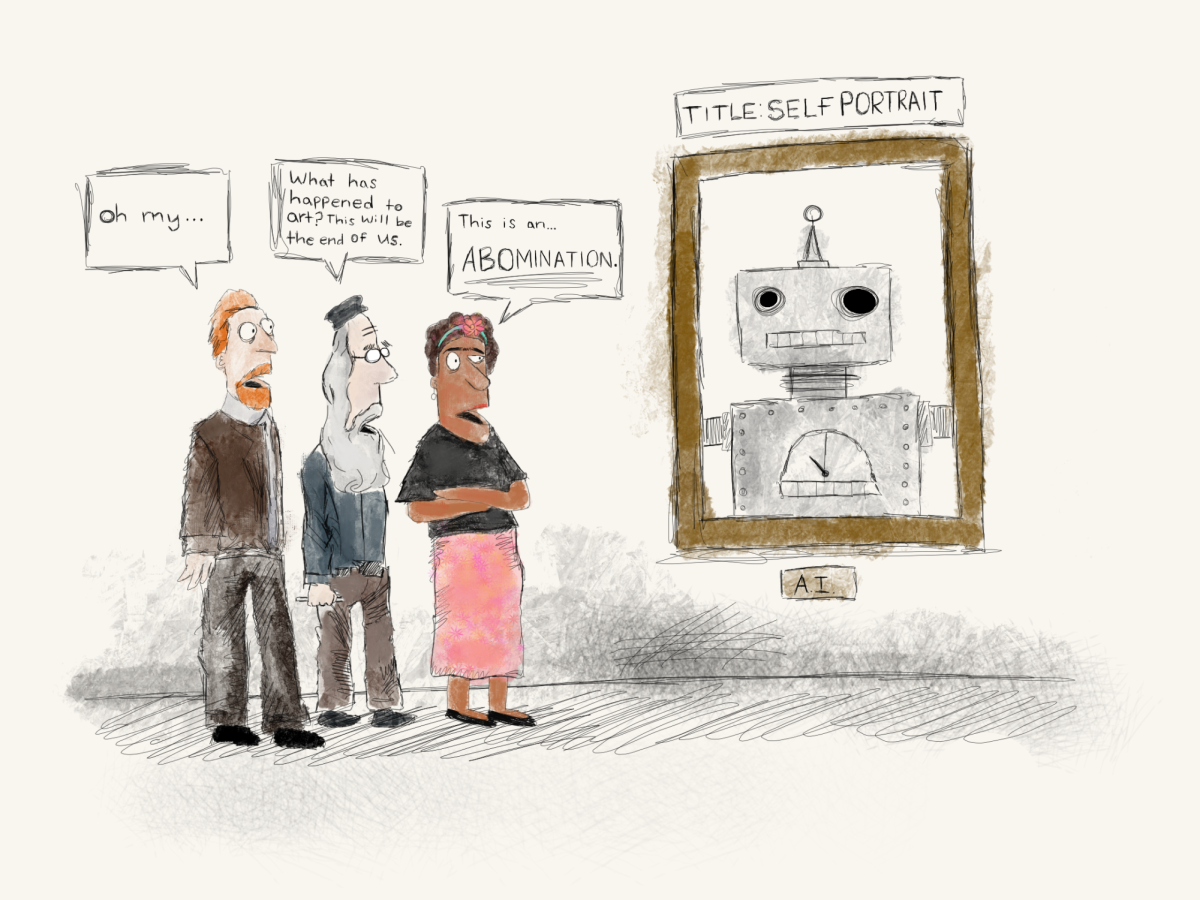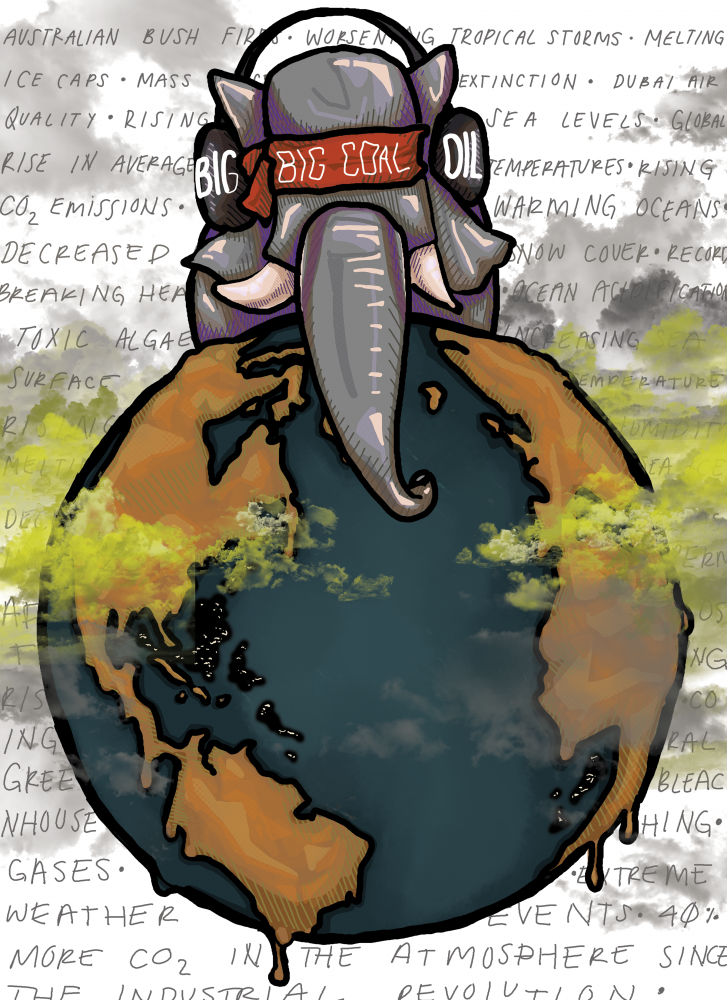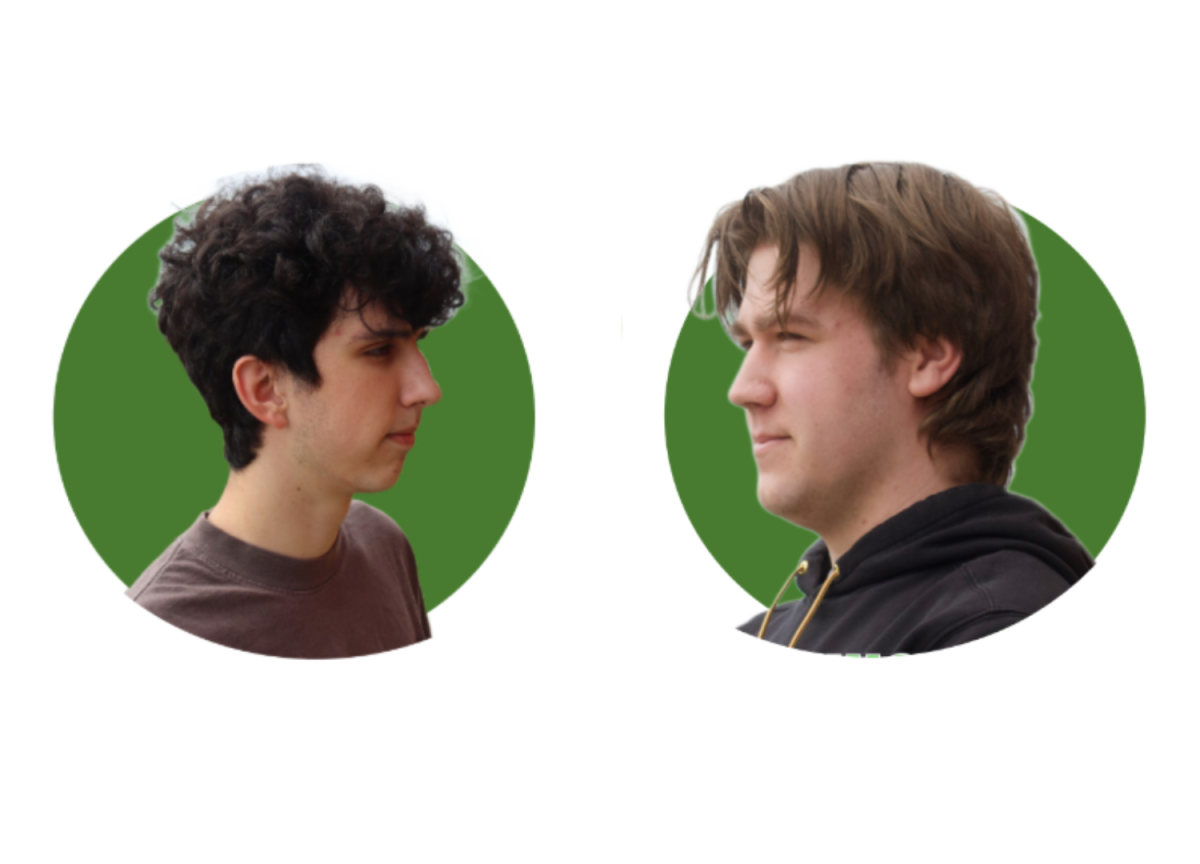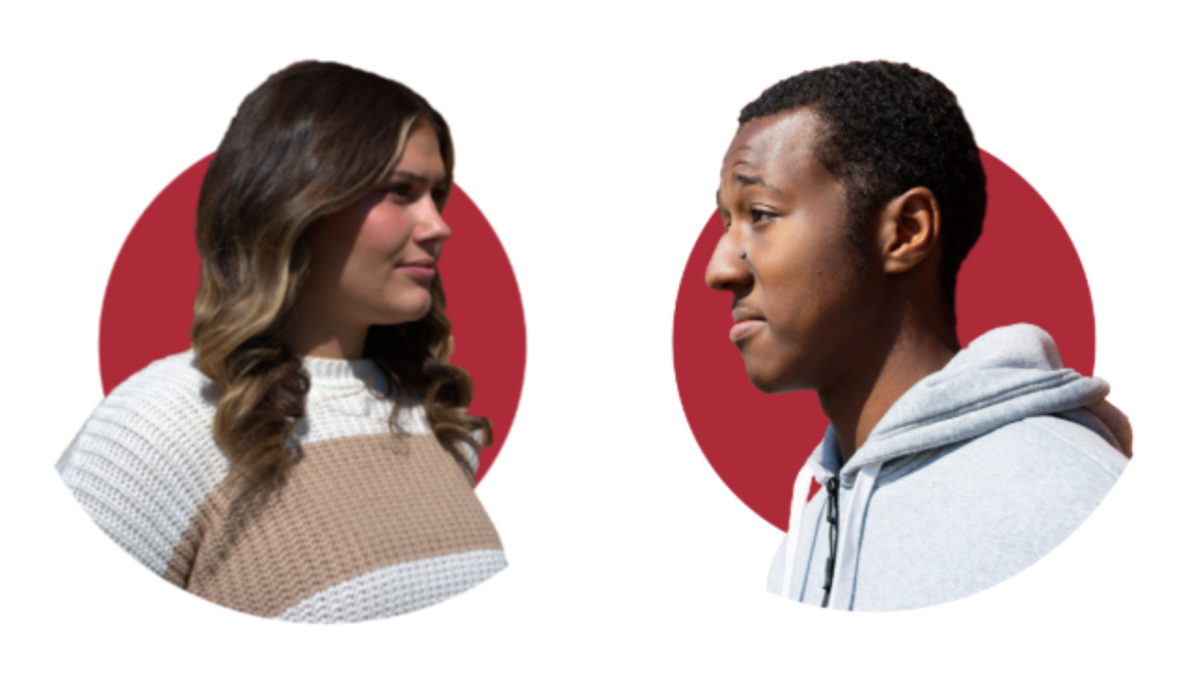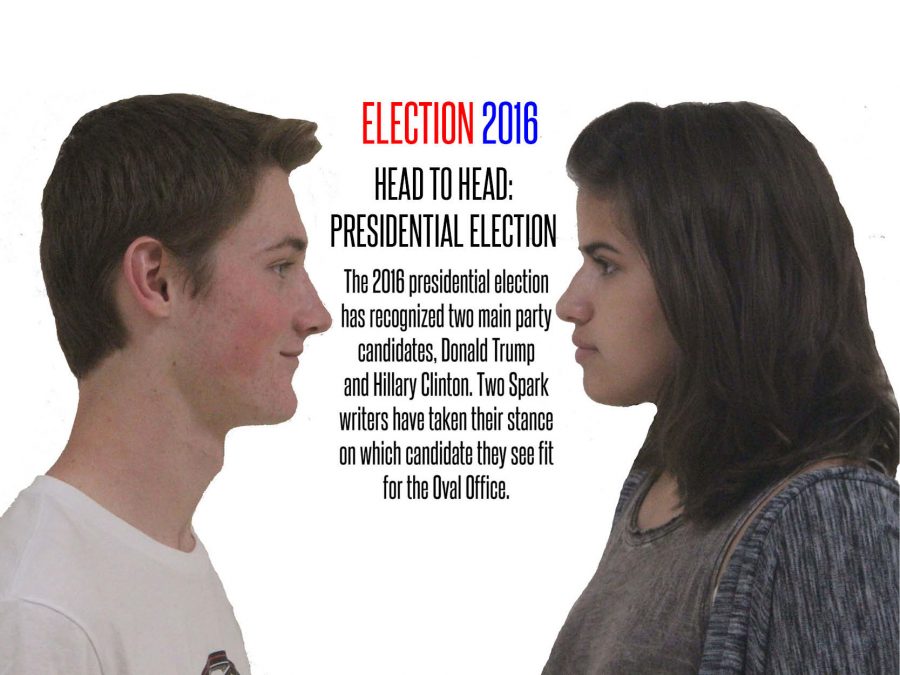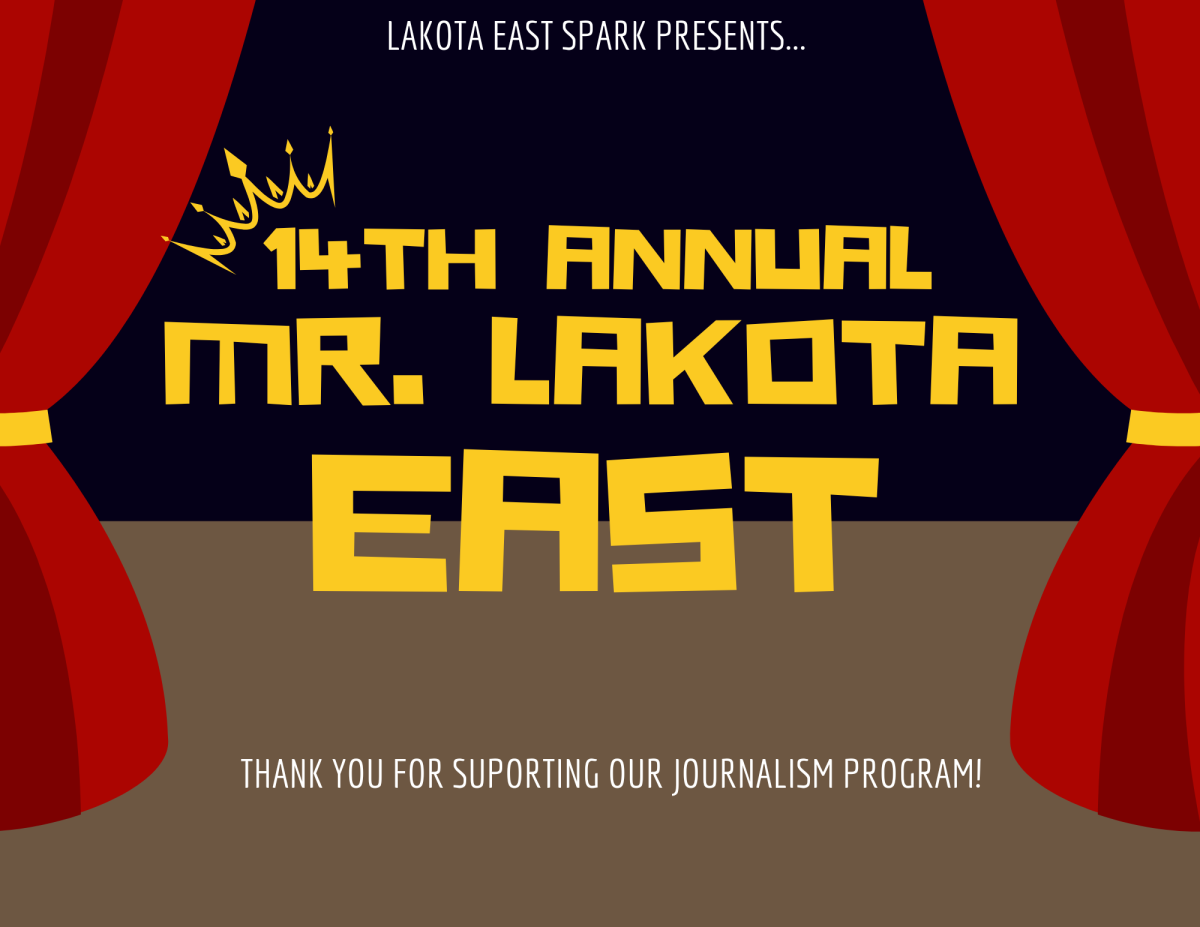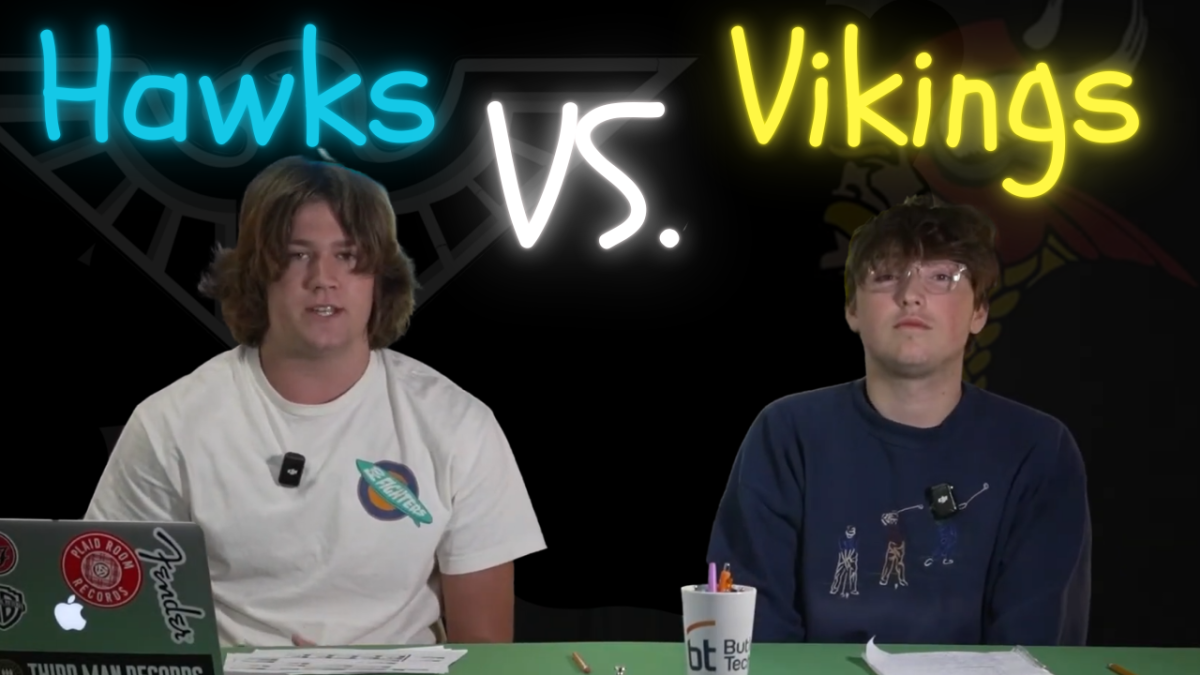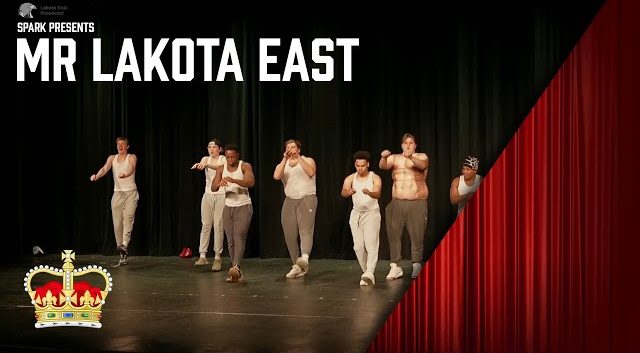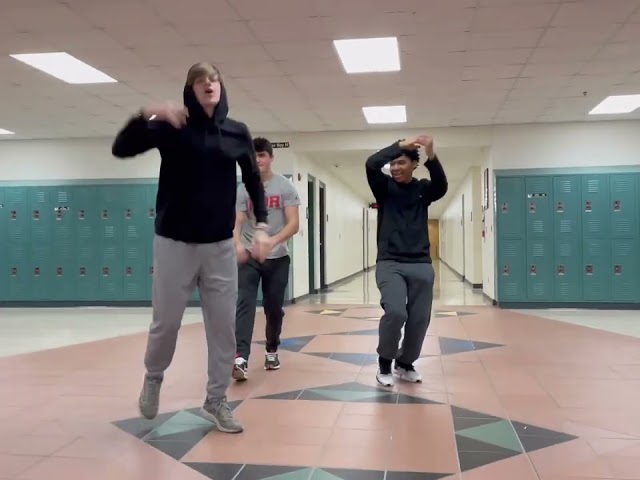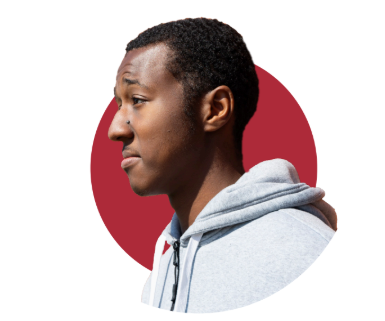The smell of popcorn fills the halls as kids rush to take their seats, excited to see the new movie provided by the teachers’ state of the art 2009 projector. As the film starts, it is disrupted by an amalgamation of smeared paint and distorted audio. Someone had put the online video into an artificial intelligence program and destroyed the cinematic experience for the students.
During the rise of Artificial Intelligence, (AI), there has been a dramatic increase in not only unemployment, but a lack of academic integrity.
The general function of AI is that it ingests large amounts of labeled training data, and analyzes that data for patterns, using those same patterns to make predictions. This is similar to how the homo sapien brain uses a pattern-processing sequence to detect patterns in their daily lives.
The origin of this spike started in November of 2022. OpenAI released ChatGPT as a study resource for the masses. Since then, there has been a dramatic decrease in academic integrity, attributing to the lack of imagination and creativity of junior high students in the United States.
To start, the University of Waterloo in Belgium reported an increase of 146% cheating cases in the year of 2020 through 2021. This is due to the shift in online learning in COVID, which had led to a major increase of academic dishonesty. The world-wide pandemic led to a world-wide epidemic in cheating.
An article from the Education Week has even said that one in 10 students, out of 200 million projects turned in, were detected to have used AI. Even three out of every 100 were overtly artificially generated. There have been plenty of researchers, including Learning Scientists, Science Direct, and National Institutes of Health, claiming that using ChatGPT can negatively impact the development of essential skills: critical thinking, problem-solving, imagination and research abilities in adolescents. Not only are these essential skills to build in youth, but they also prepare high school students for the workforce.” The ability to critically think on behalf of whatever institution students are working for is essential to success in life outside of school.
The creativity aspect of AI uses neural networks, rule-based systems, statistical methods and other AI techniques to generate new images, text, music, ideas, and so on. According to the BBC, AI has a chance of eliminating a total of 300 million jobs by 2030. These occupations include retail, people in sales, customer service representatives, and receptionists. This leads to multiple career changes that most citizens can not afford. According to the Homeless World Cup, 2% of the world is considered homelessness. That is equivalent to 150 million individuals without a job. AI can cause these numbers to be even higher.
Self awareness in AI programs involve algorithms continuously learning and tuning themselves to provide the most accurate results possible. This requires AI-gathering data from multiple sources all over the internet, and coming up with a solution. This could come as a result of adjustable outputs, incomplete data from developers, even fabricating information. These “ghost citations” can happen from the pride of AI, according to an article from Maryland University.
There have been multiple reports of AI malfunctioning. Techtarget even said on their professional website that AI has a specific job: to automate tasks traditionally done by humans, including customer service, lead generation, fraud detection and quality control.
The actions being taken to prohibit AI in schools are being augmented, even using Turnitin.com as an AI detector in schools. The rise of AI inefficiency is increasing. There is a chance to bring back academic integrity, an increase in jobs, and an undeniable increase in true work ethic, but it won’t happen with AI.
